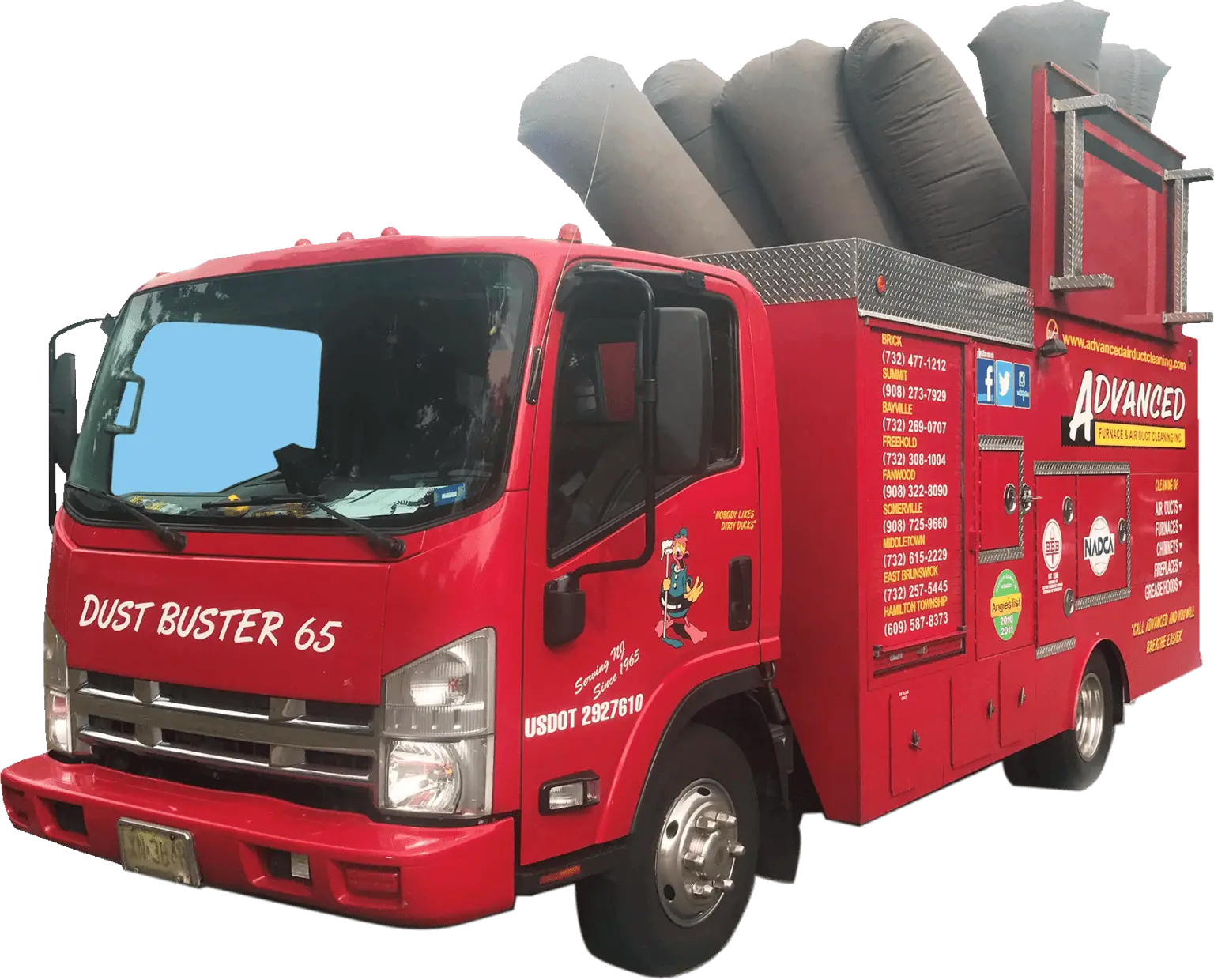INDOOR AIR POLLUTION RANKS AMONG THE TOP
ENVIRONMENTAL DANGERS
deaths worldwide were attributed to indoor pollution in the latest year
OF OUR LIVES ARE SPENT INDOORS
THE AVERAGE HOME COLLECTS
OF DUST YEARLY
YOU INHALE APPROXIMATELY
or more quarts of air per day
INDOOR AIR IS CIRCULATED UP TO
PER HOUR THROUGH YOUR HOME
INDOOR AIR IS UP TO
MORE POLLUTED THAN OUTDOOR AIR
what is air duct cleaning?
Air Duct Cleaning is the removal of containments from your ductwork. Your Air Ducts are conduits or passages used for heating, ventilation, and air conditioning to deliver and remove air throughout your home. Air Ducts become contaminated with dust, mold, dirt, construction debris, bacteria, dust mites, soot, nicotine, pet dander and debris as a result of standard living, construction, renovations, pets, smoking, dead skin cells, etc.
why is air duct cleaning important?
The containments that infiltrate your ductwork will build up overtime. As air passes through your ductwork, it is circulating those containments throughout all areas of your home. In fact, air circulates throughout your home up 5 to 7 times per hour, which means those same containments composed of dust, mold, dirt, construction debris, bacteria, dust mites, soot, nicotine, pet dander and debris are being transported and circulated too.
Additionally, the build up of containments in your ductwork restricts air flow causing your HVAC system to work harder and shortening its life span.
view our gallery
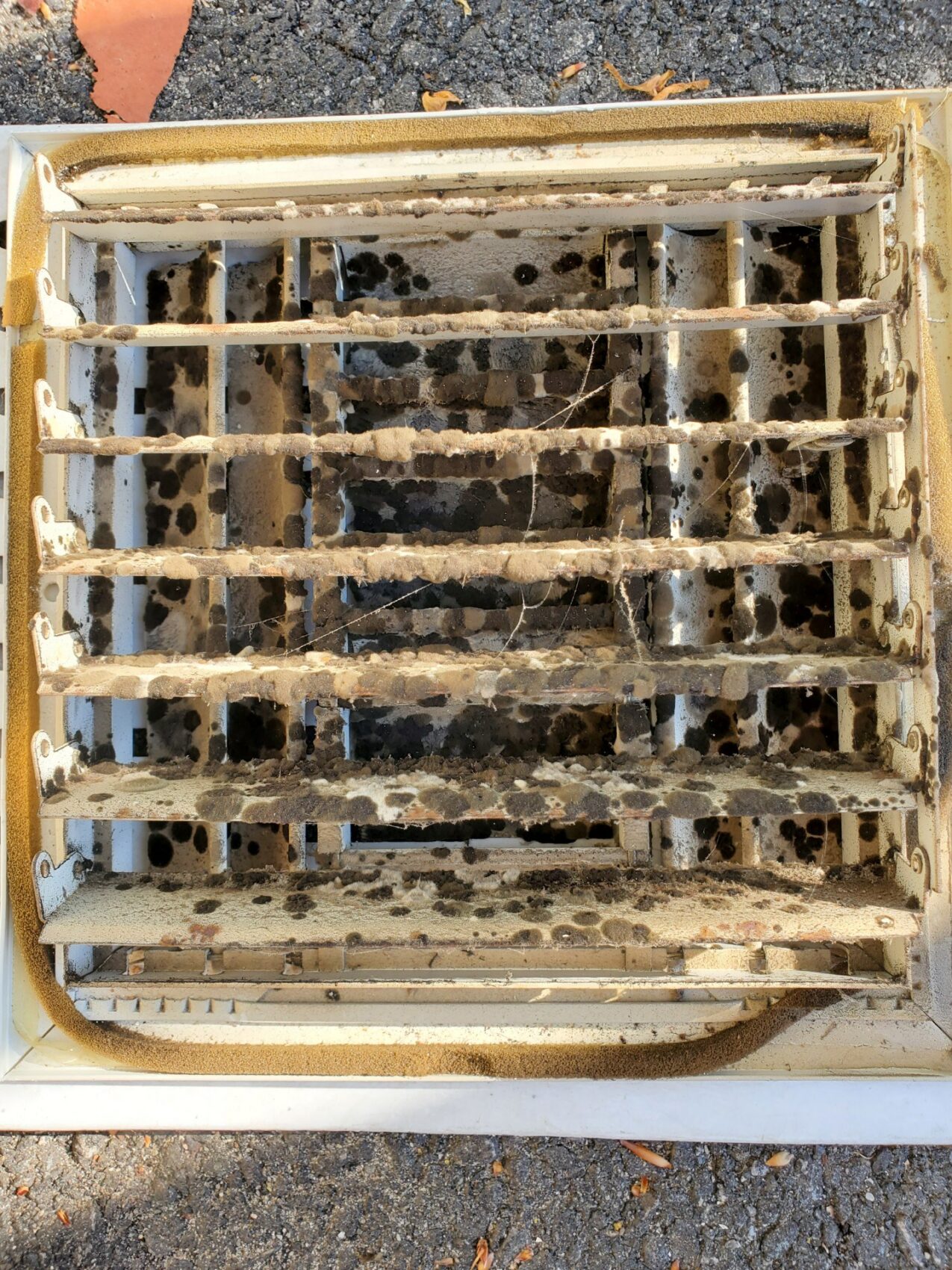
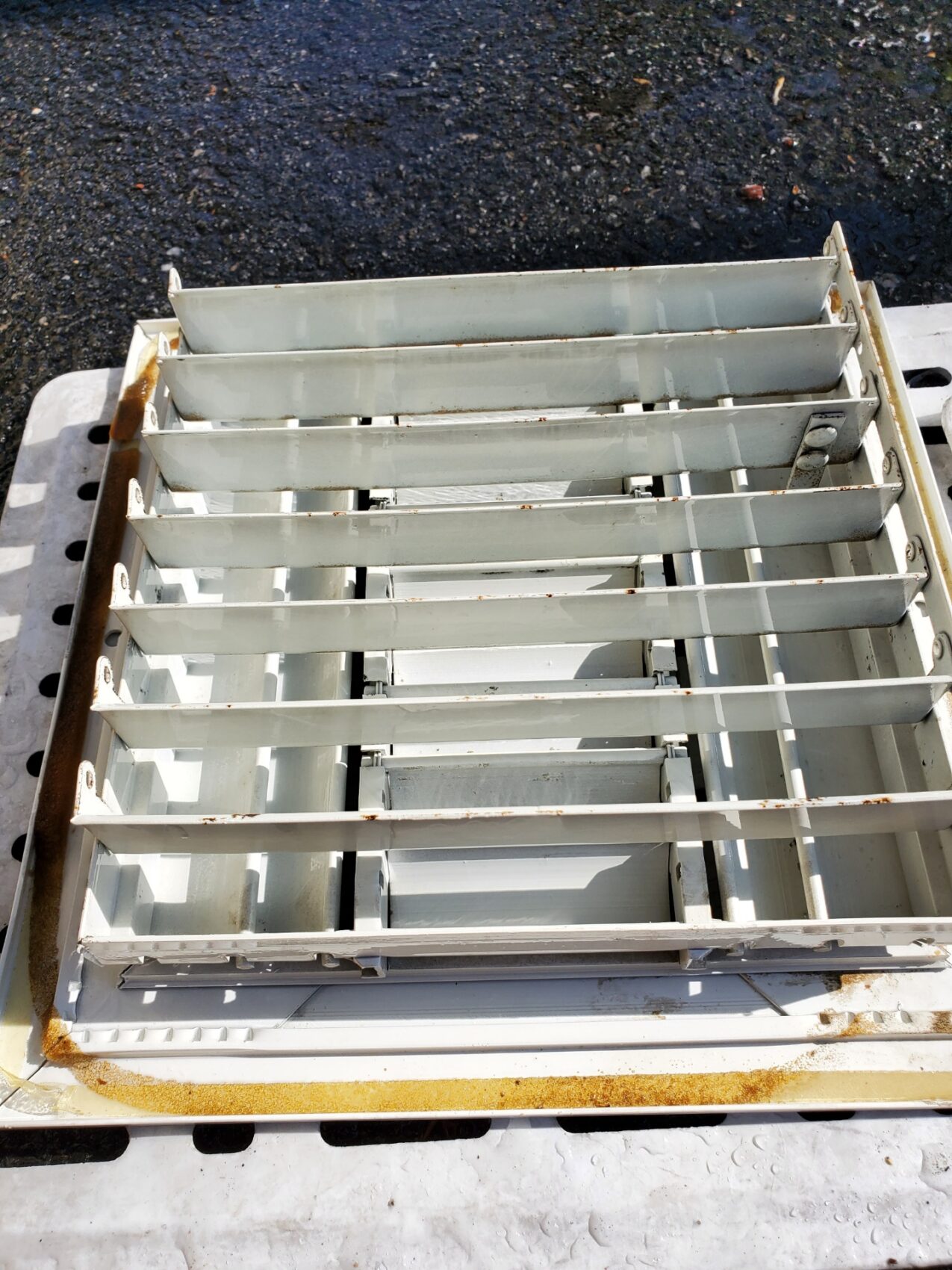
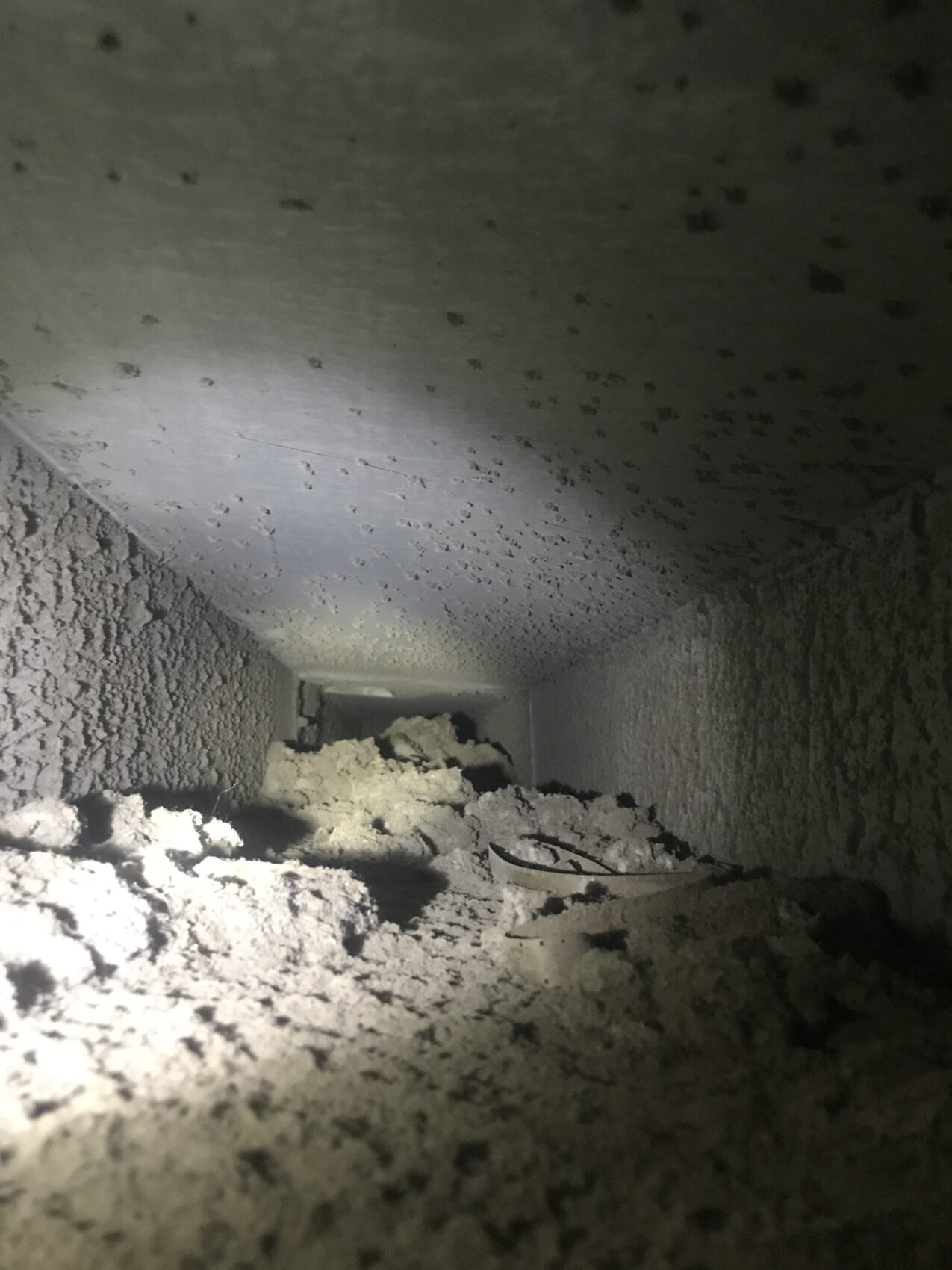
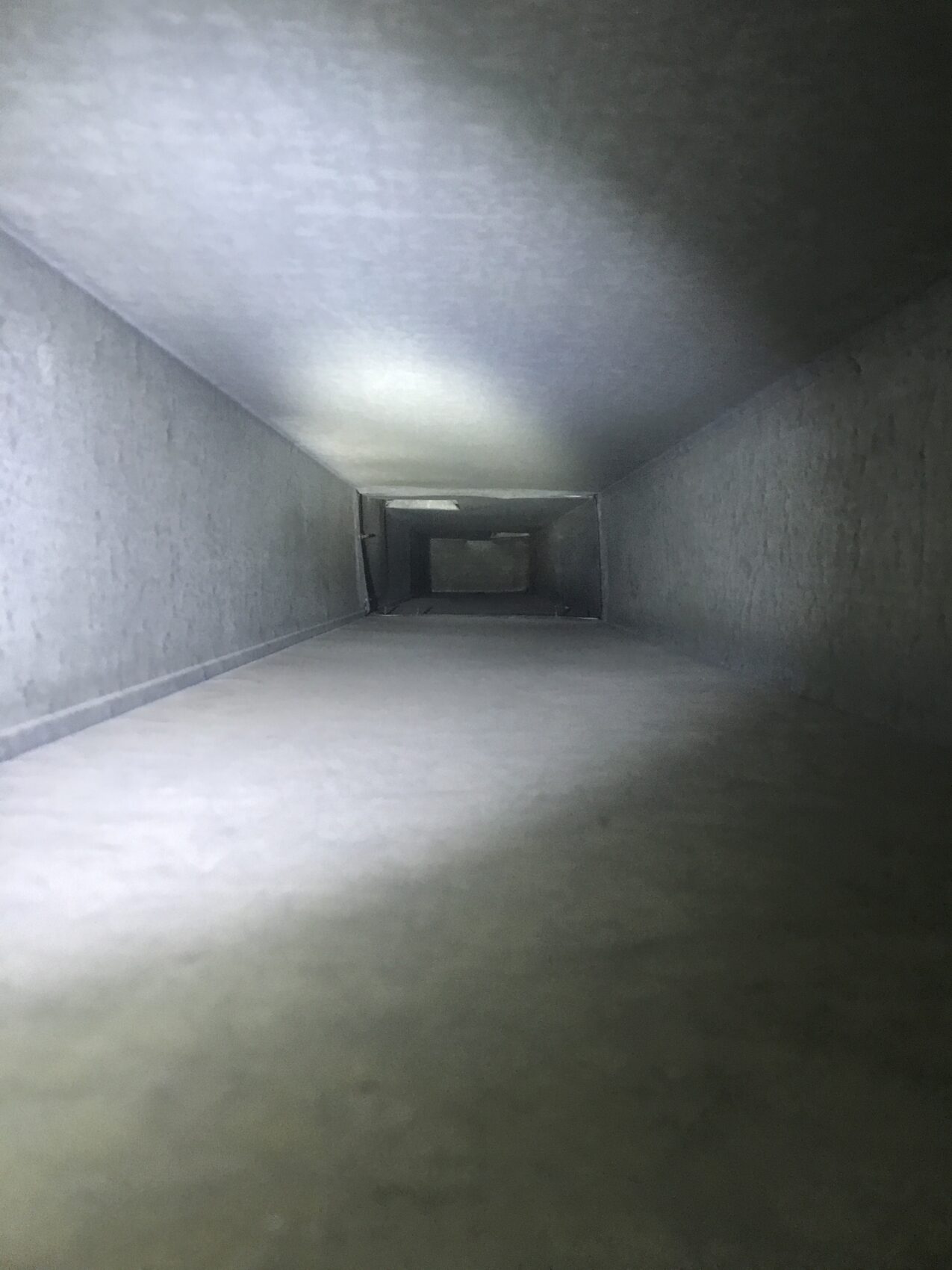
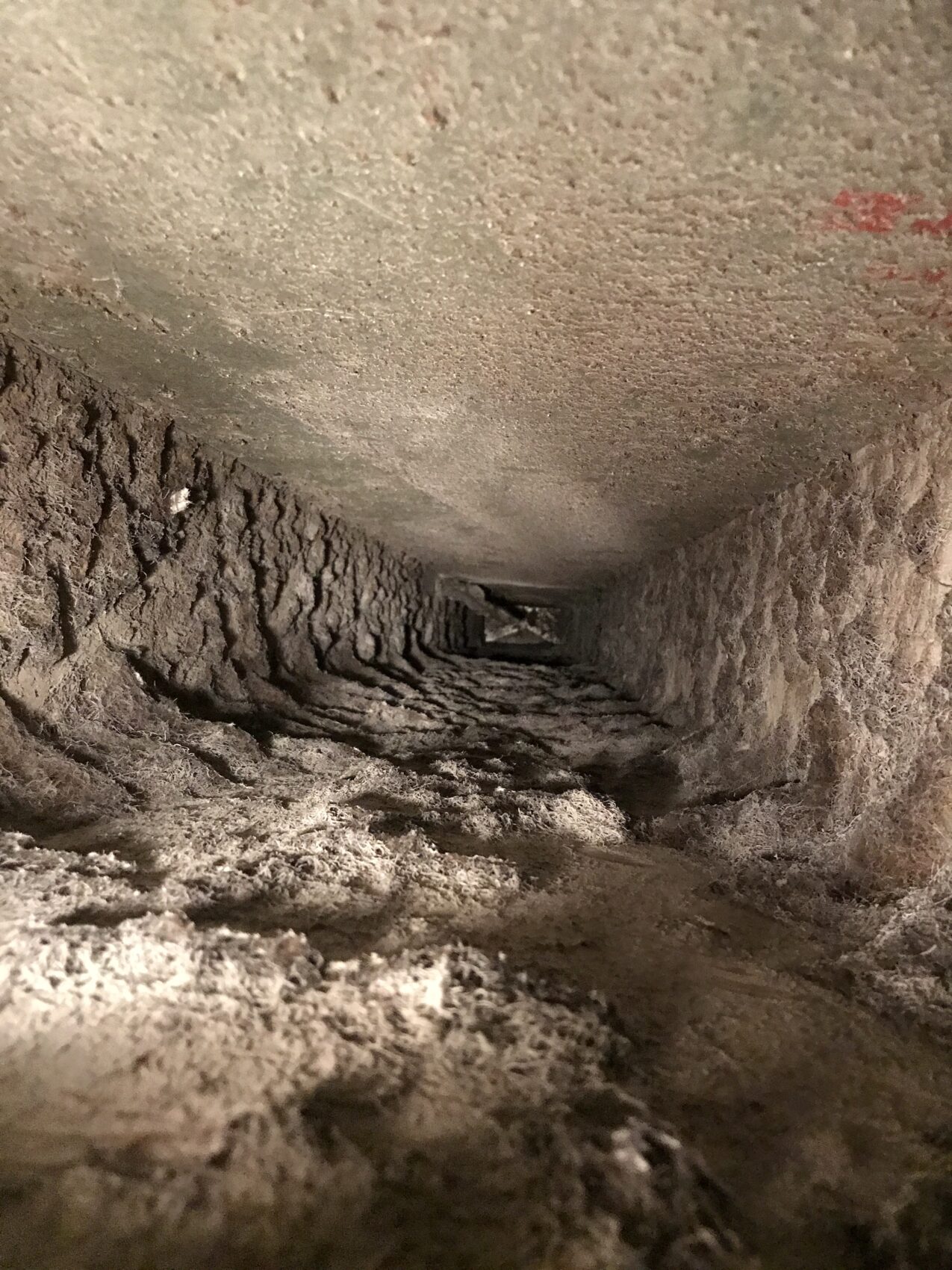
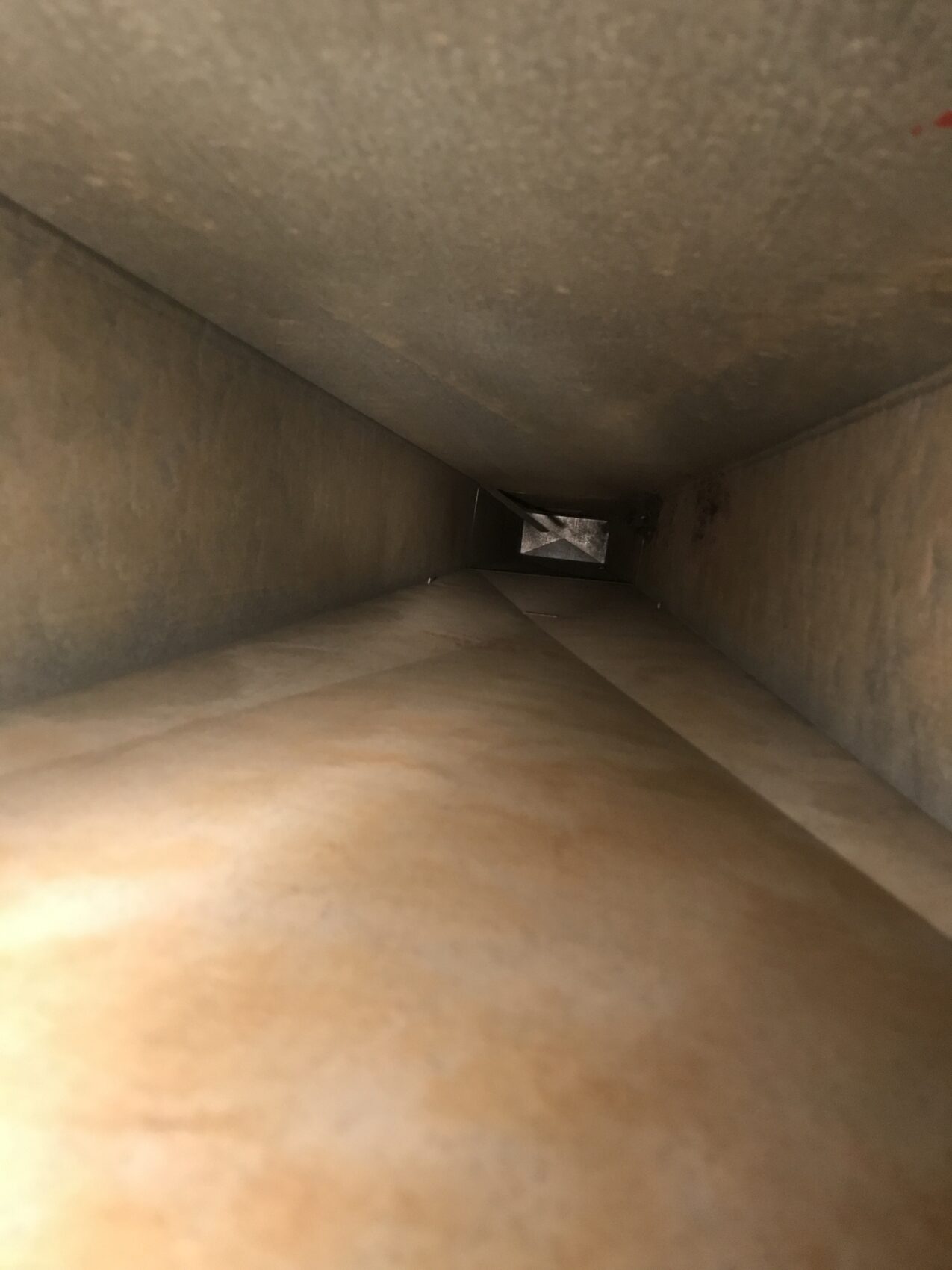
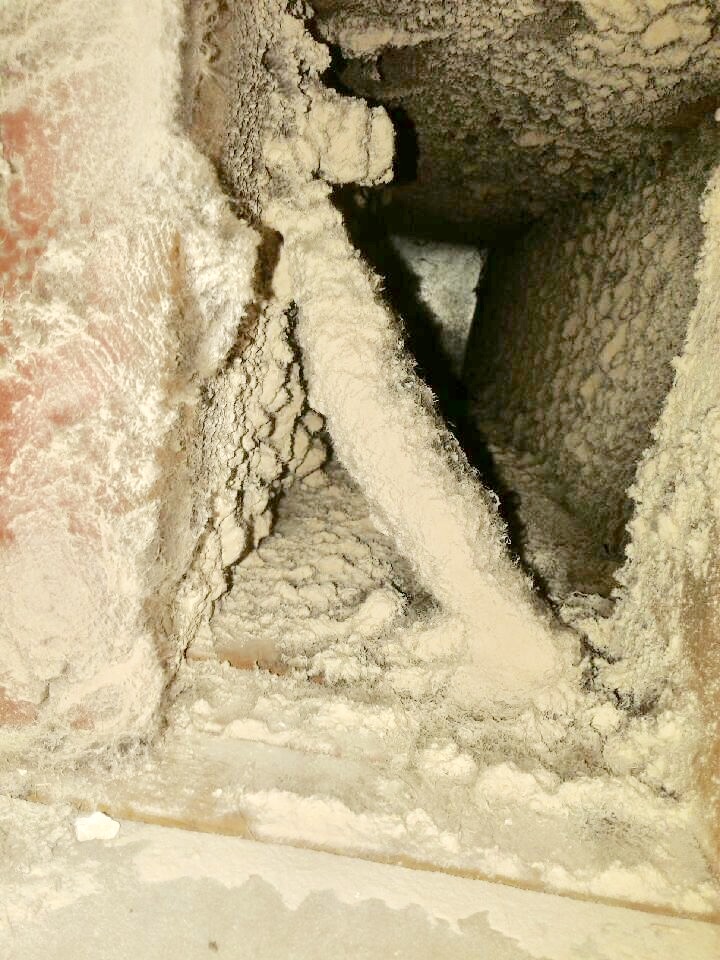
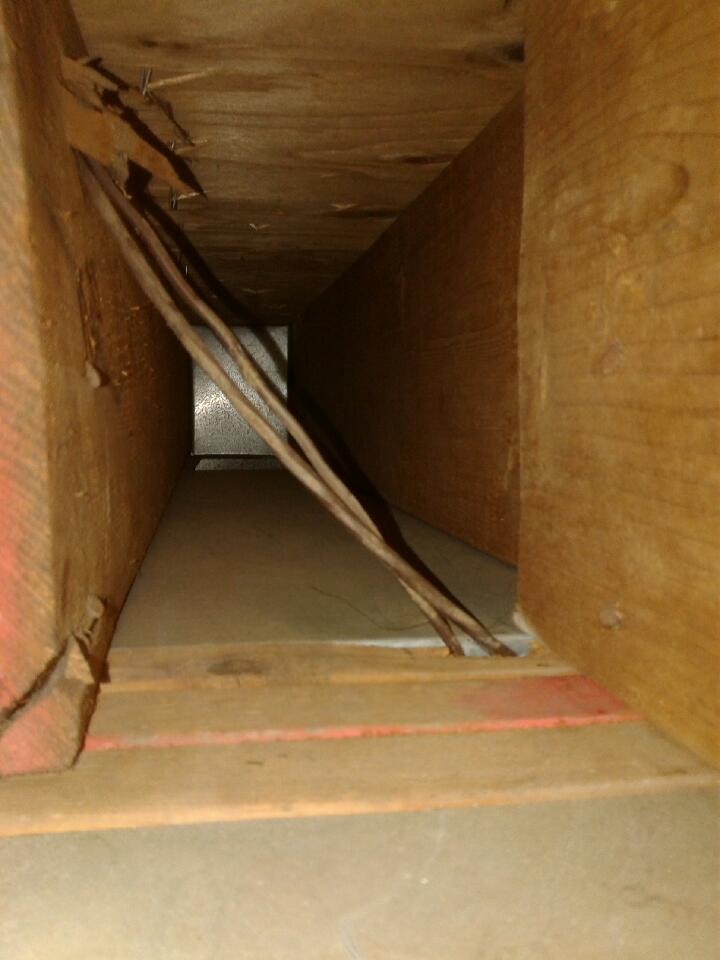
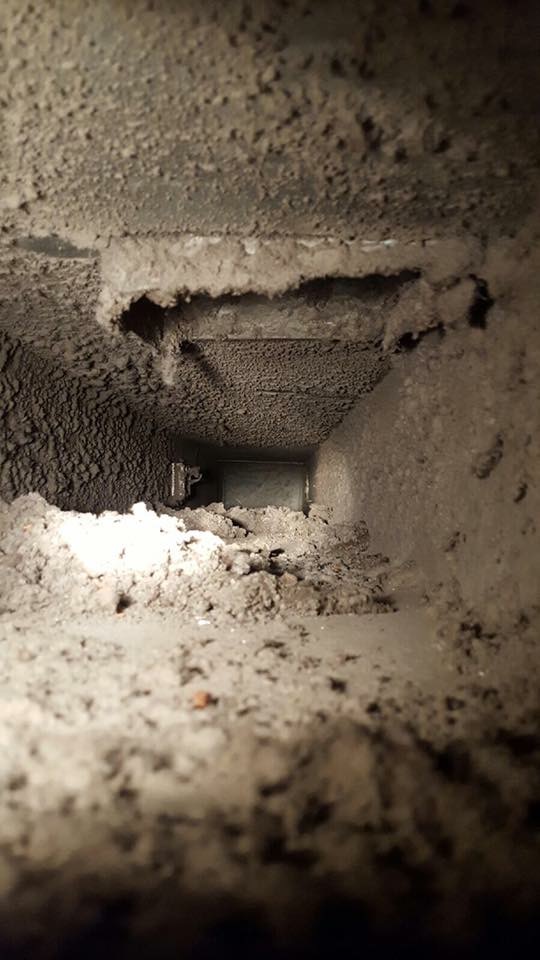
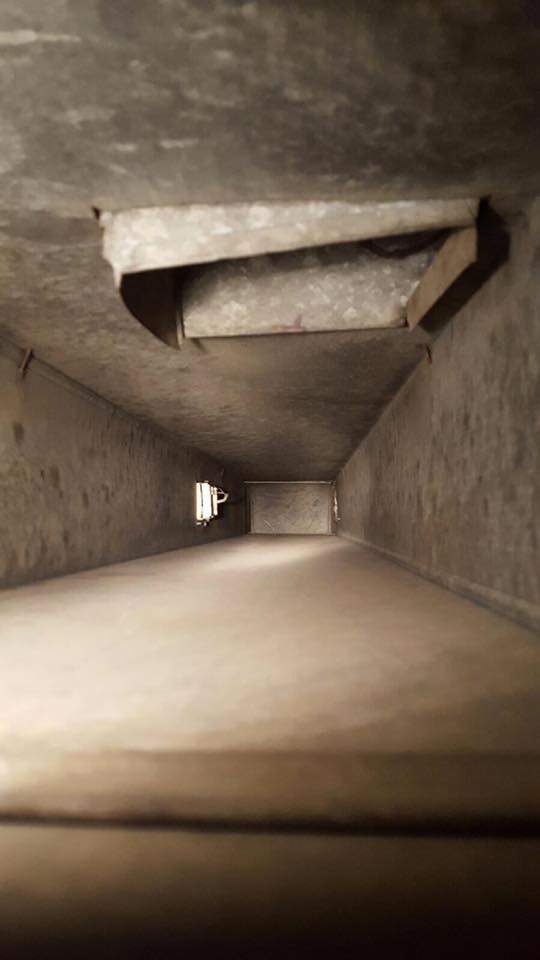
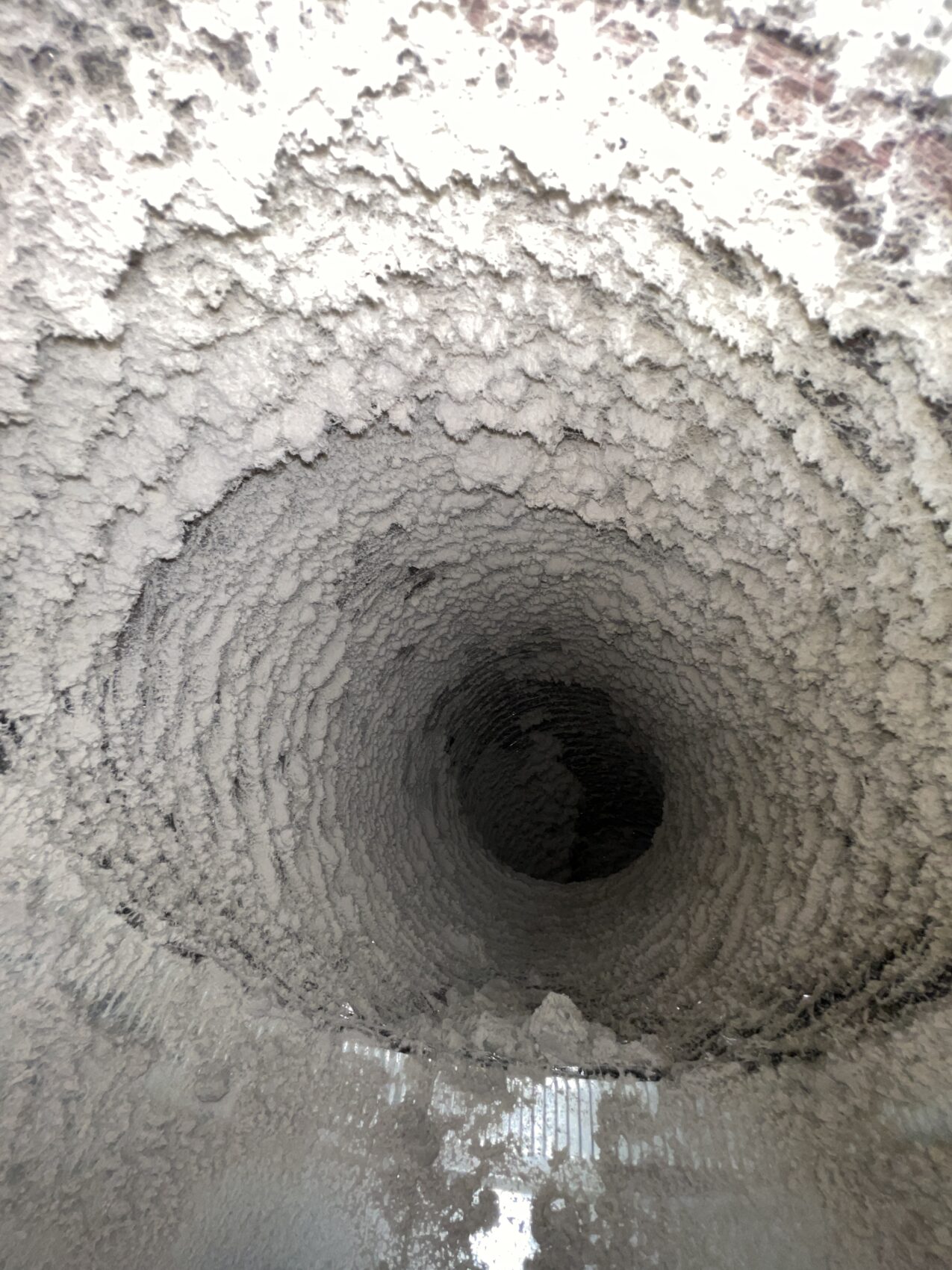
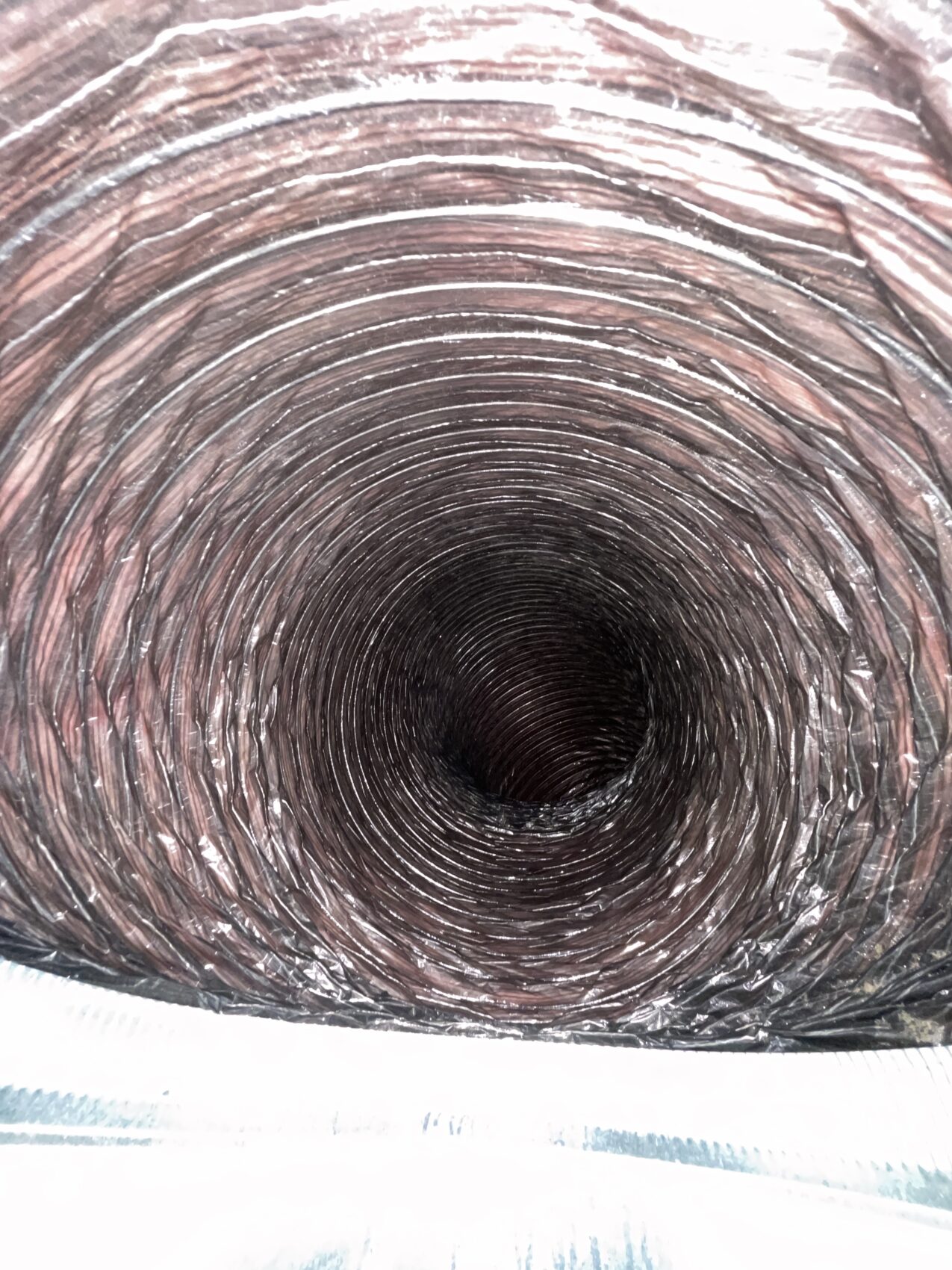
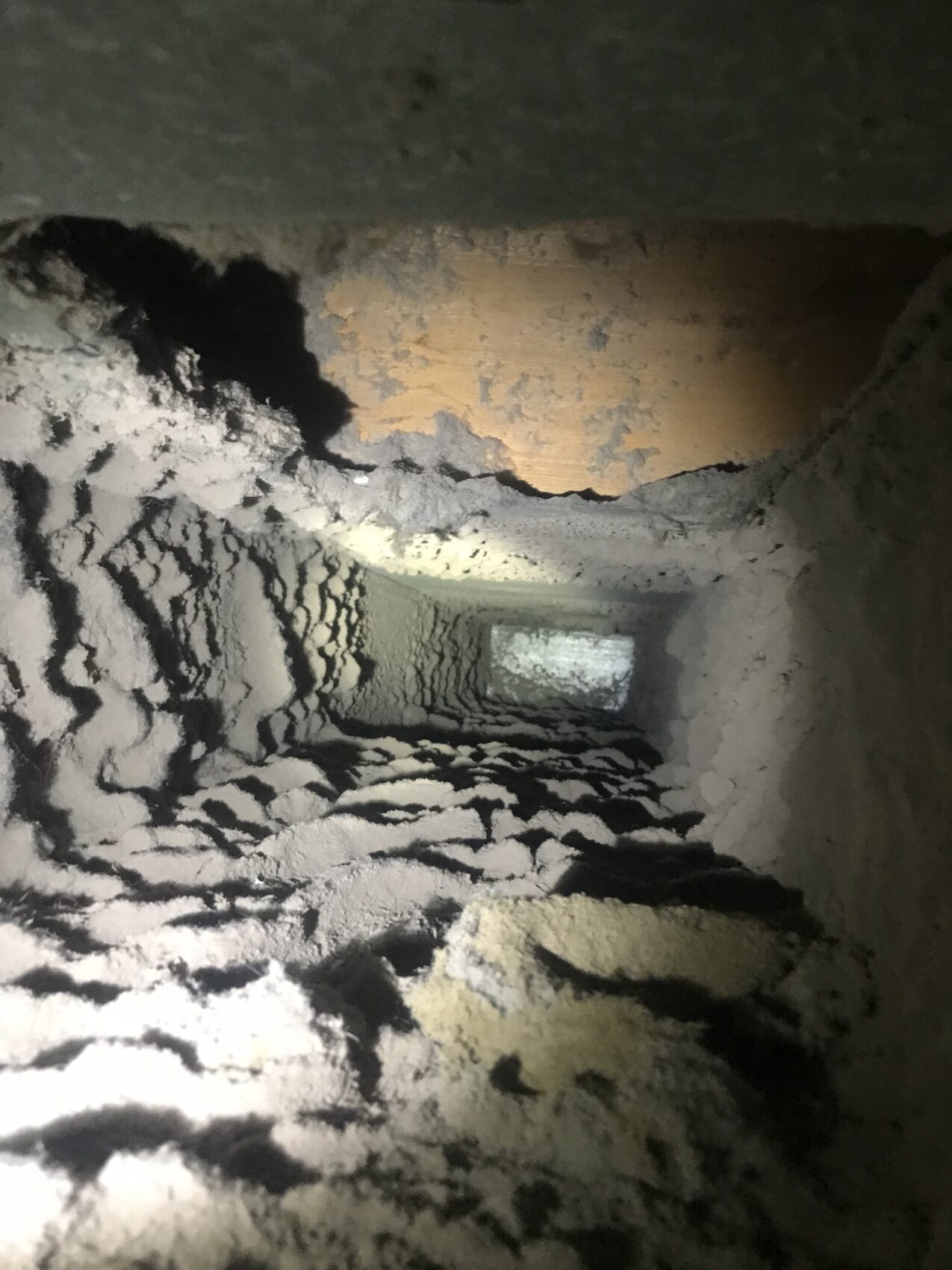
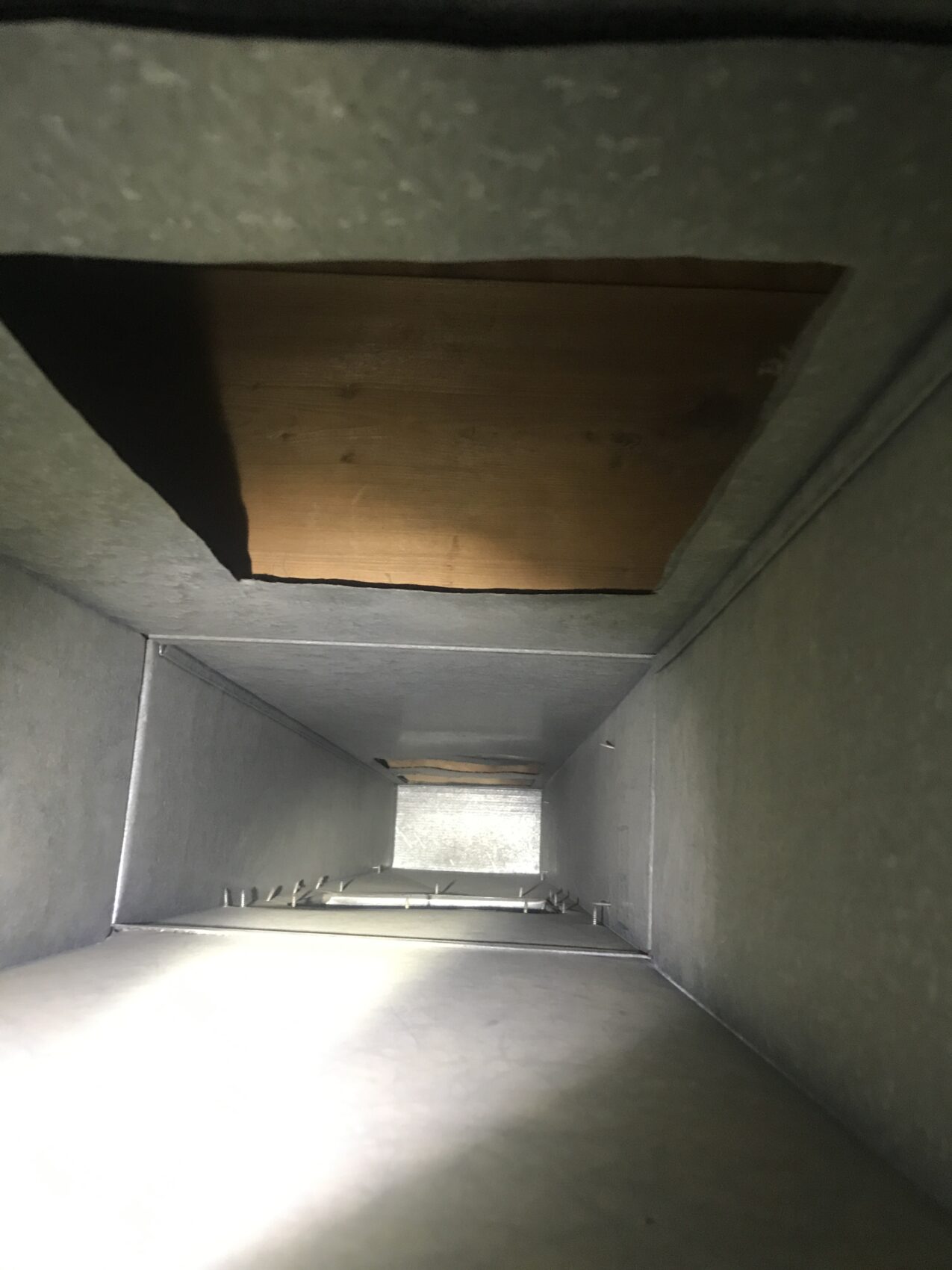
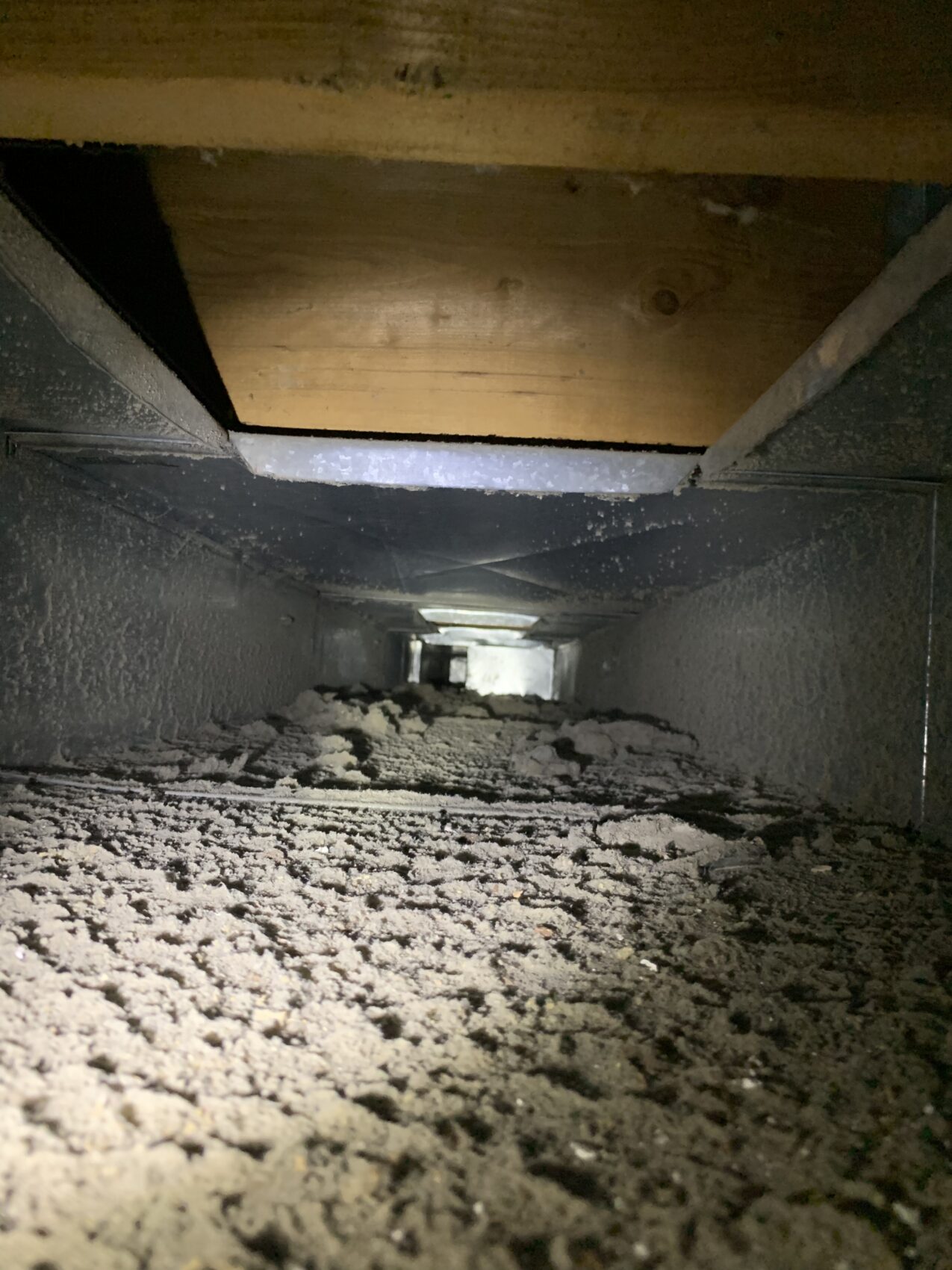
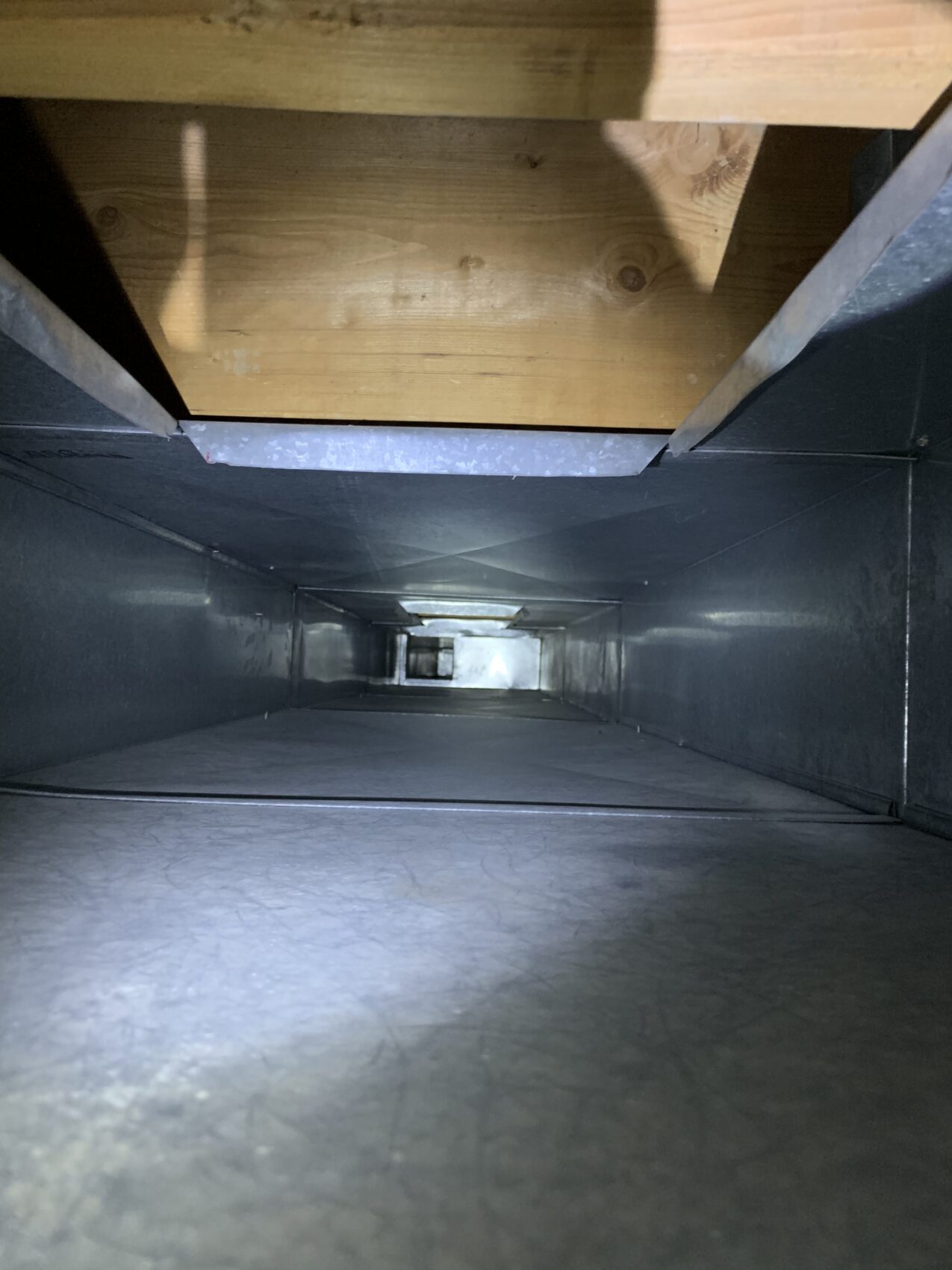
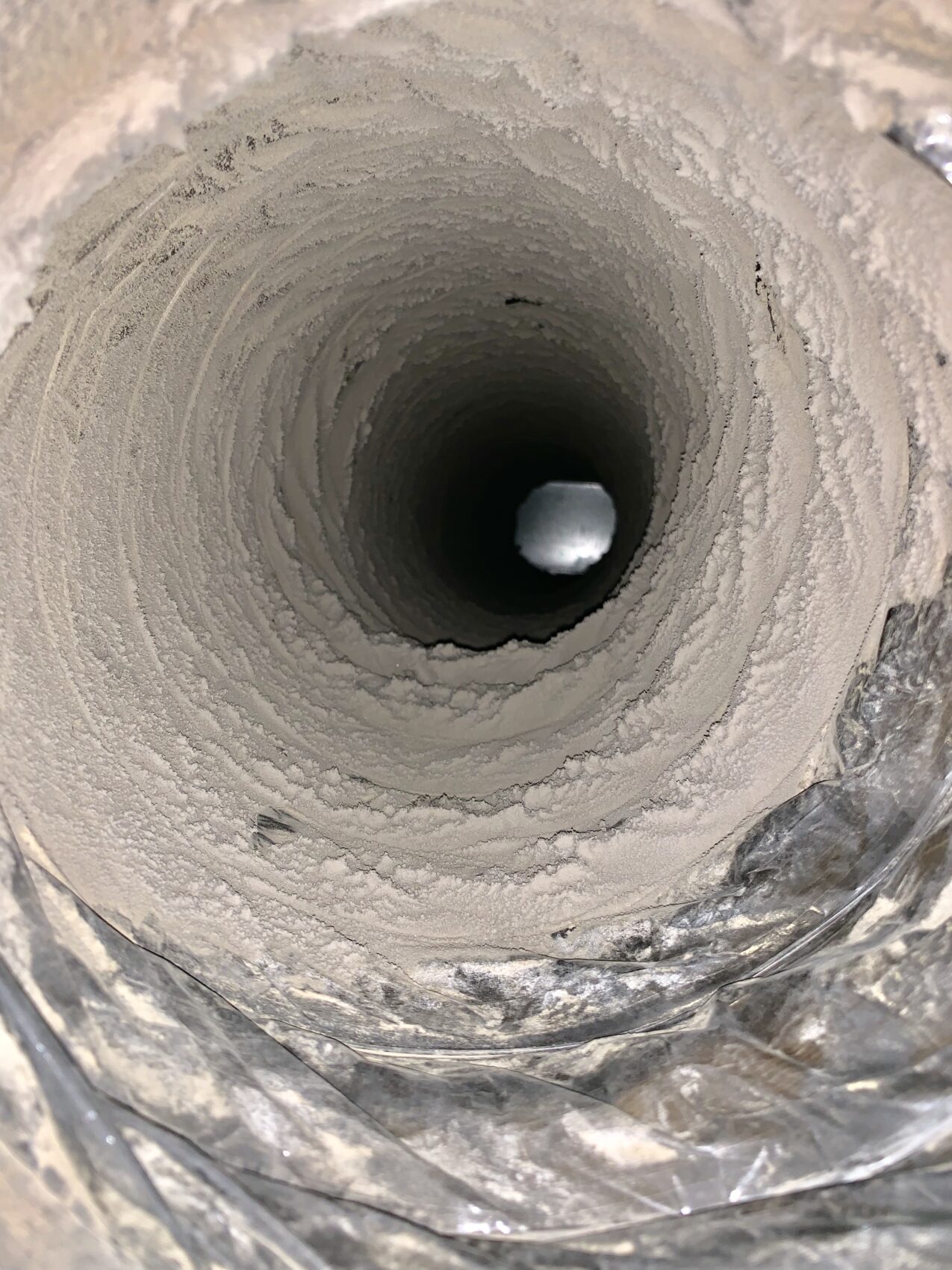
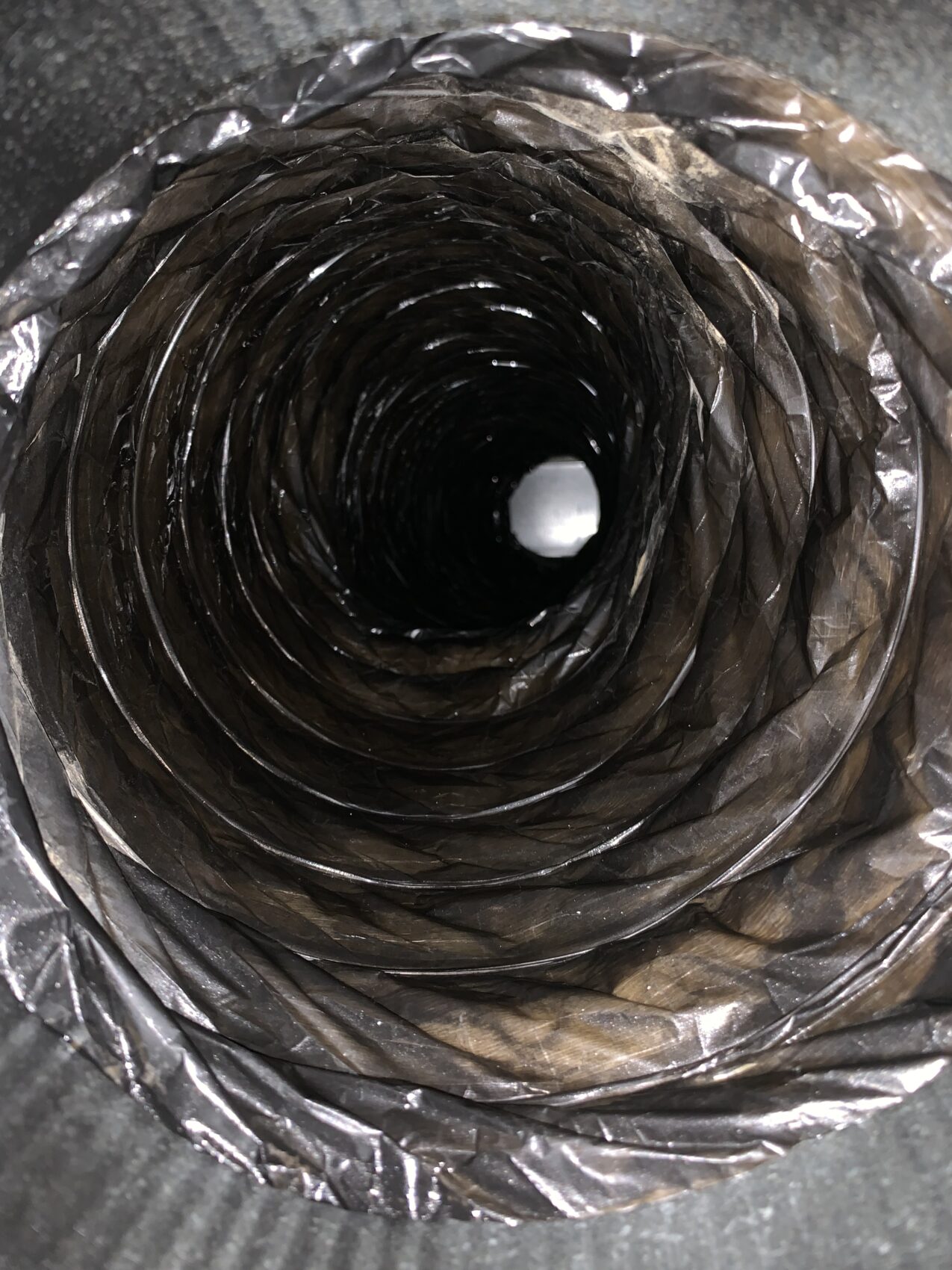
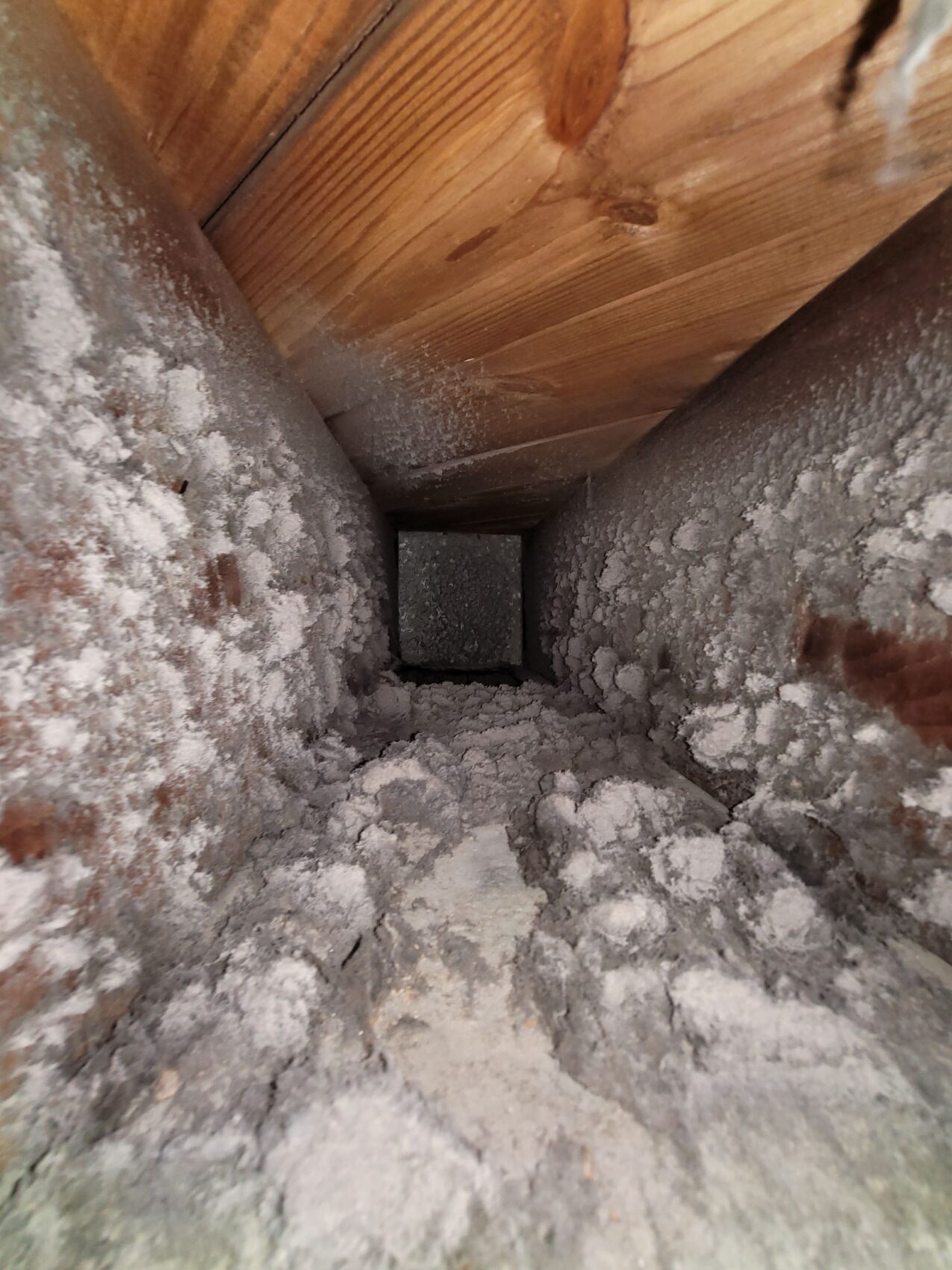
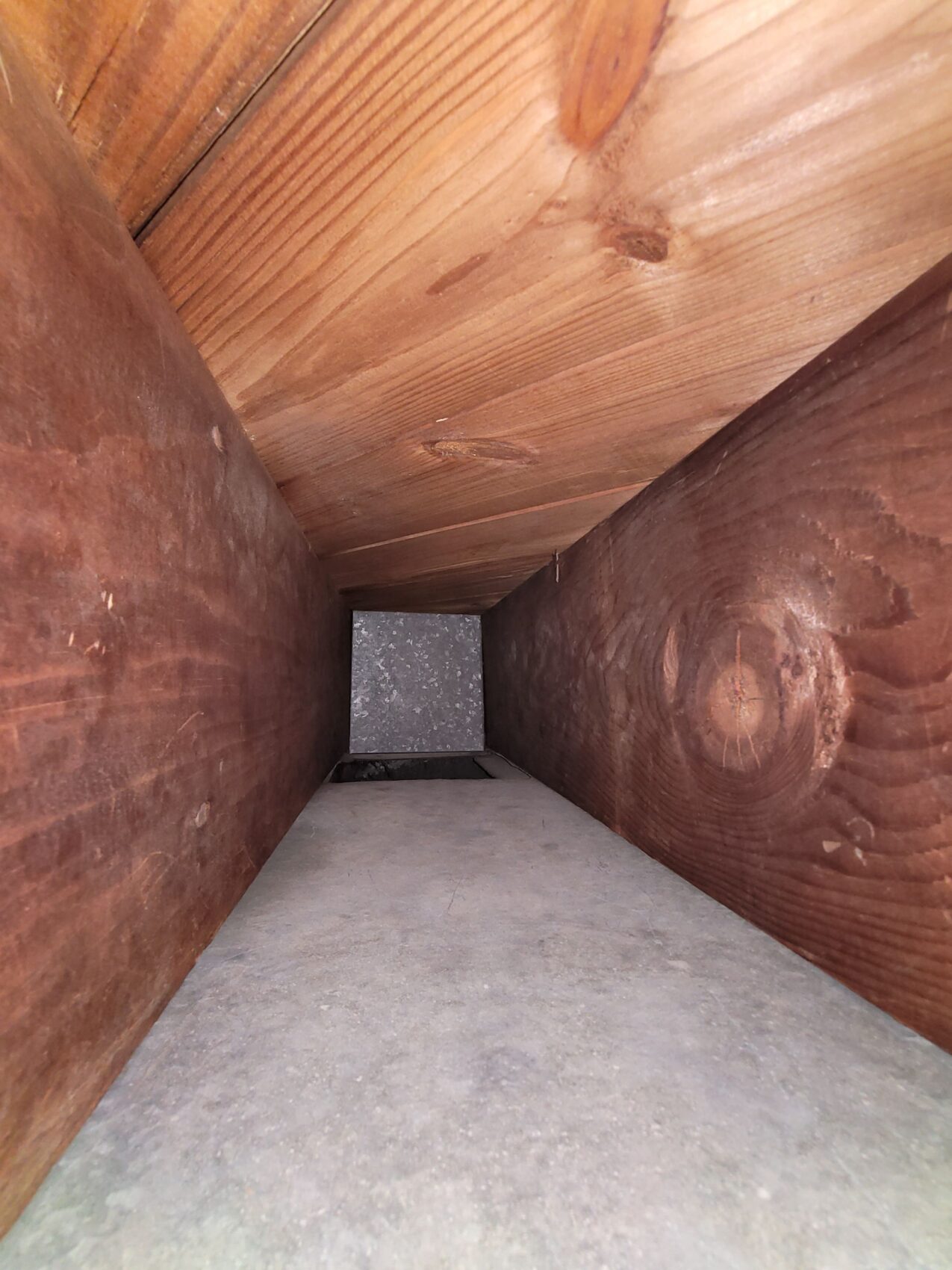
do you need air duct cleaning?
Have your air ducts been cleaned in the last 3 to 5 years?
Are you dusting daily?
Do you have allergies, asthma and/or feel like you are always sick?
Do you smell a musty odor especially when your HVAC system is turned on?
Are you unable to get rid of a pet, nicotine or other odors?
Have you moved into a new home?
Have you completed constructions or renovations recently?
Do you see visible dirt or mold on your vent covers/surrounding areas?
DID YOU JUST BUY A HOME?

dust holds all odors
If previous home owners had pets of smoked cigarettes, these odors will linger long after they leave. Cleaning the carpets and/or priming/painting the walls will help eliminate these odors; however, in many cases, it will not eliminate them. That’s where duct cleaning comes in! Dust within your ducts hold smells such musty odors, nicotine, pet odors and/or numerous other smells. We clean and treat the HVAC system with an Antimicrobial to rid these odors once and for all.
Does your home have poor indoor air quality?
There are some key indicators that you can visibly see to tell you if you have poor indoor air quality within your home:
1. Do your vent/register covers have dust build-up?
2. Is the ceiling or wall around the vent black?
3. Is there dust building up on your furniture or desk?
4. Are you dusting more frequently?
5. Have you not cleaned your air ducts in the last 3-5 years?
IF VENT REGISTER COVERS LOOK LIKE THE IMAGES BELOW, YOU NEED AN AIR DUCT CLEANING!
What to look out for!
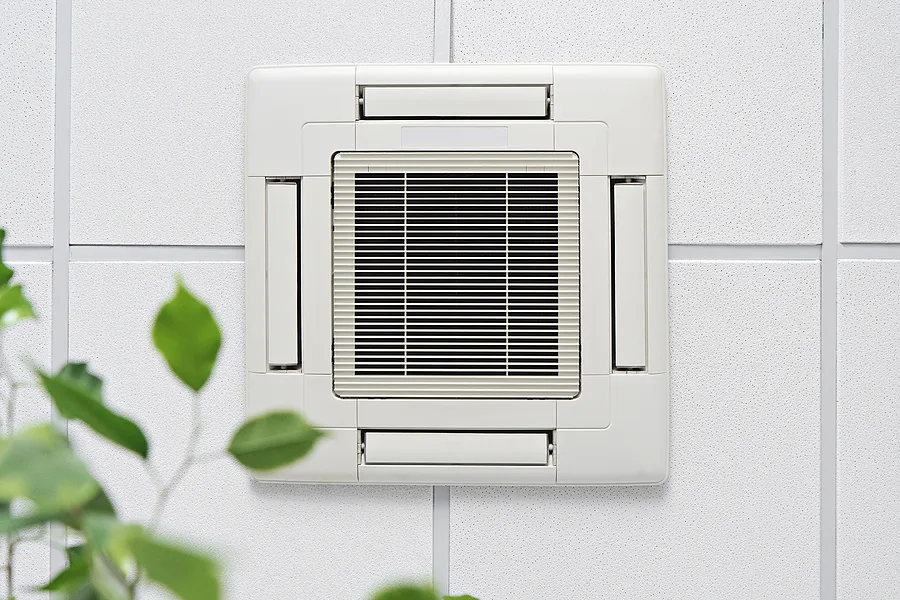


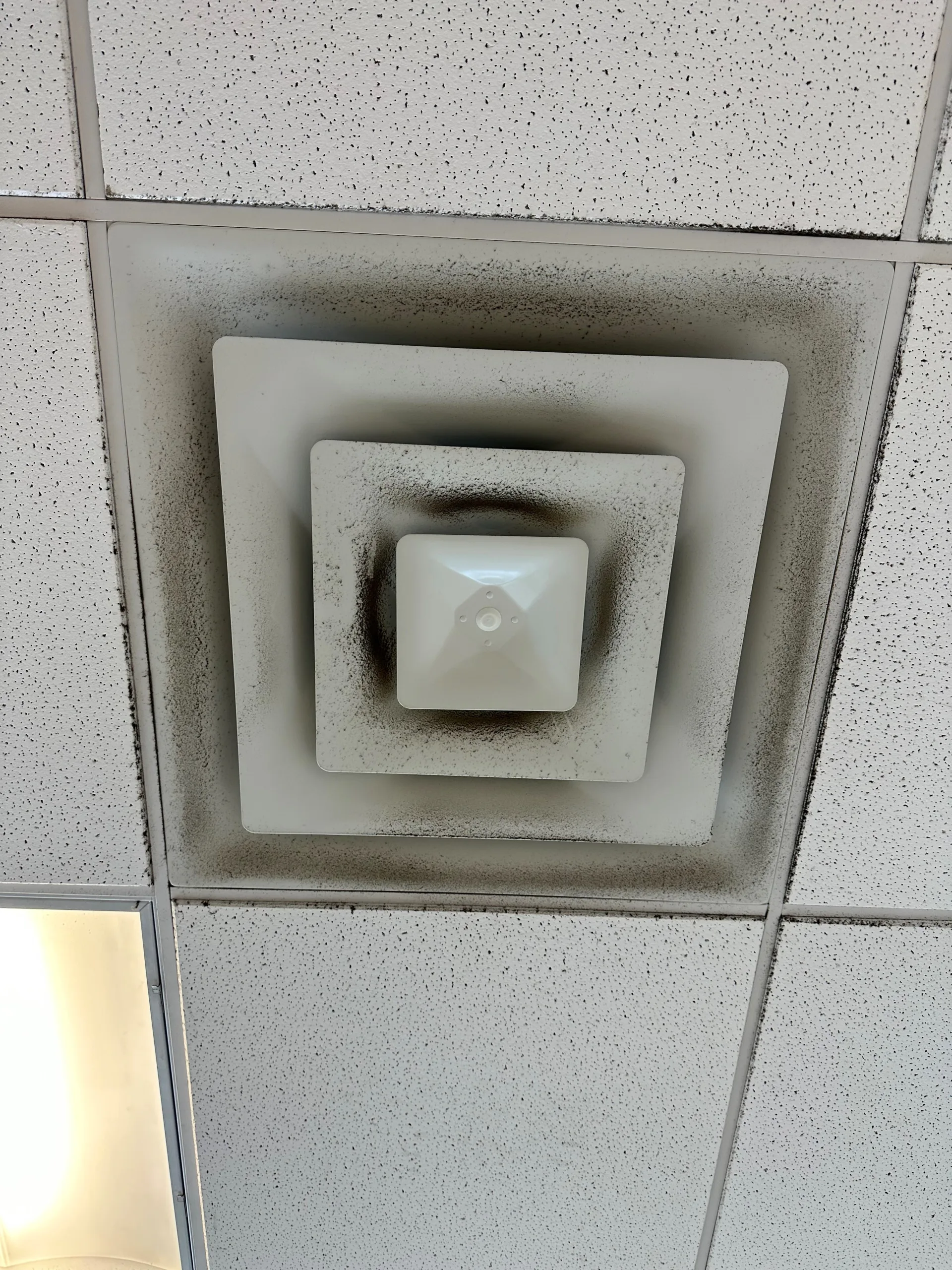

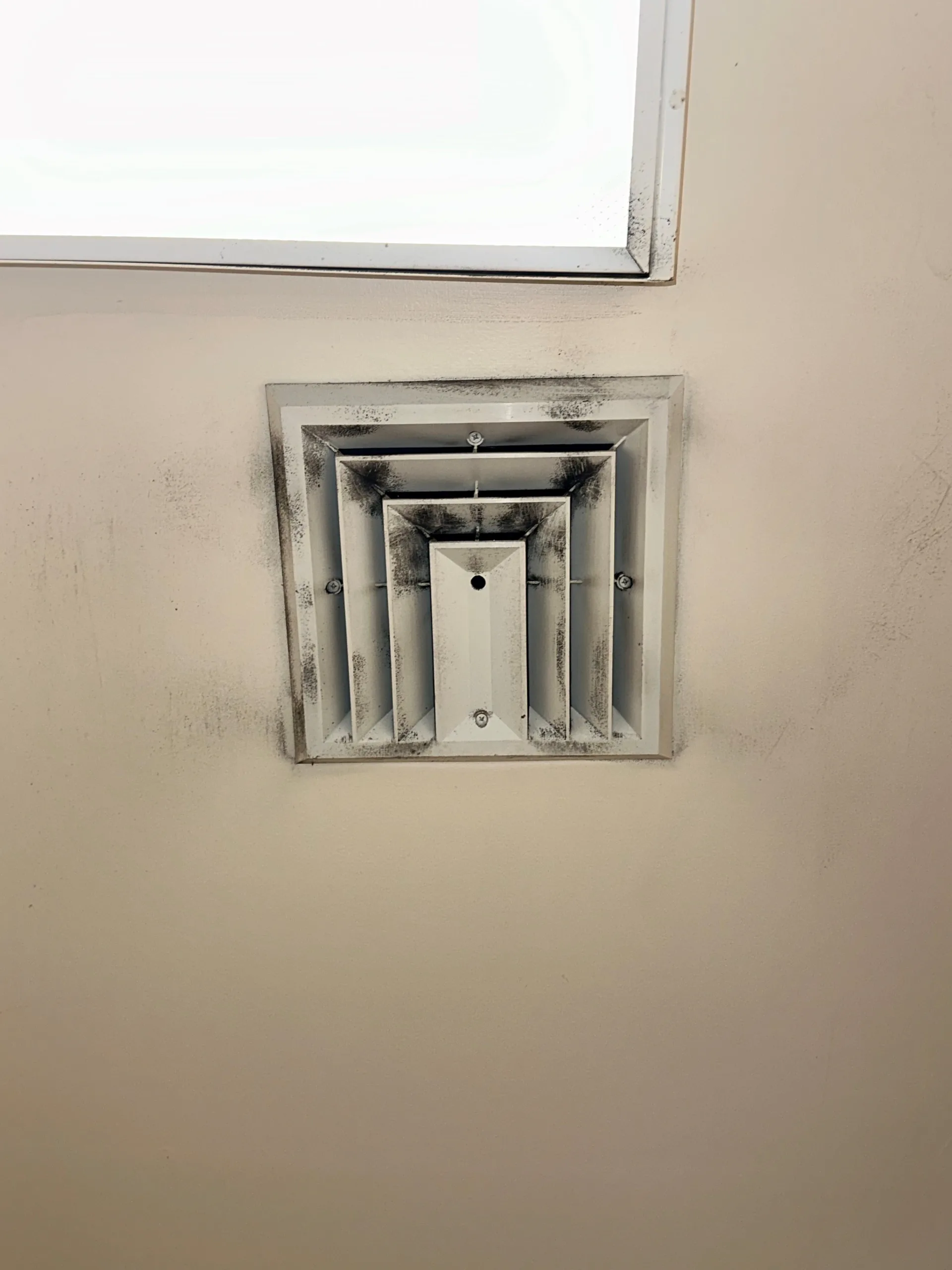
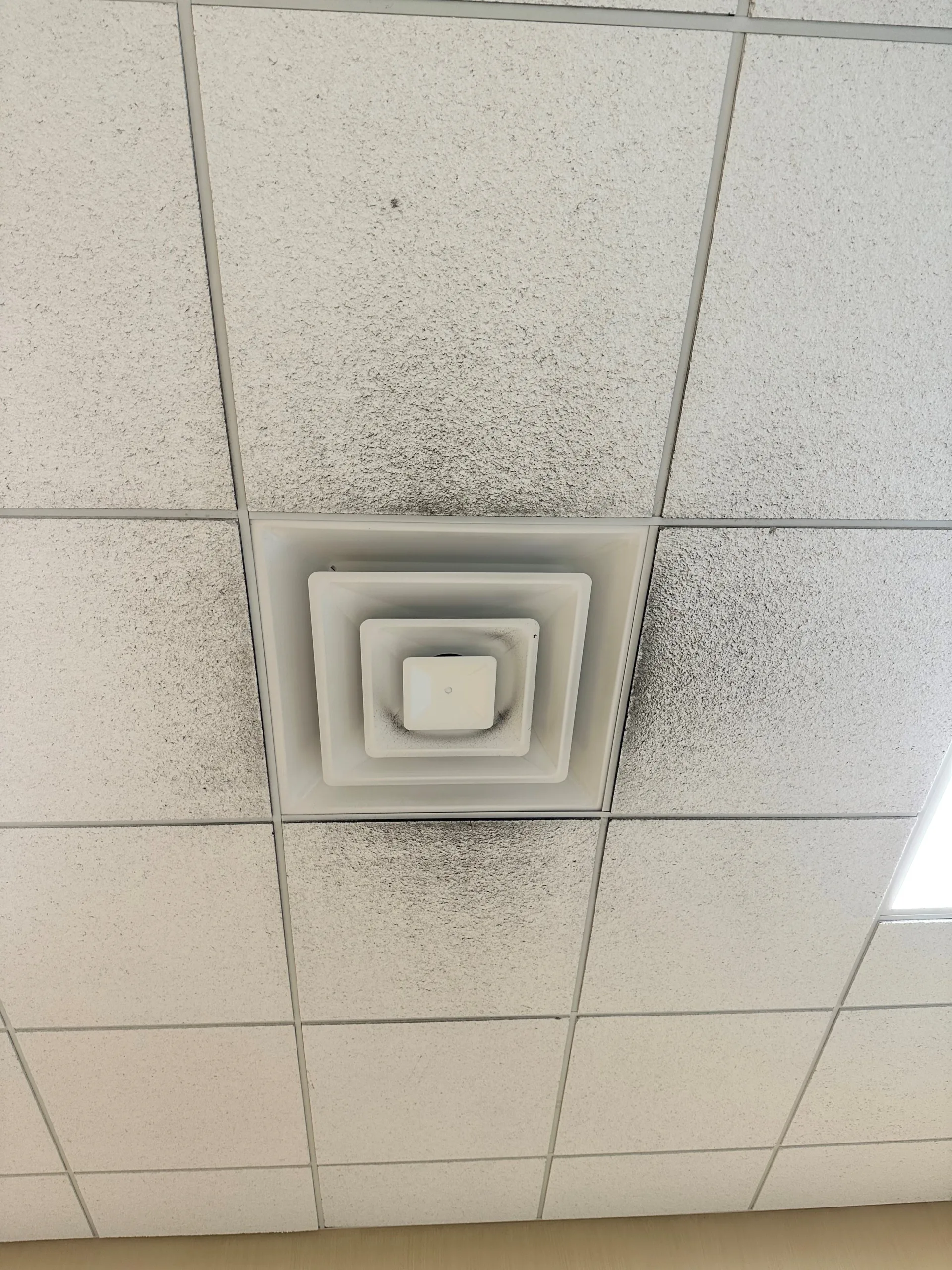
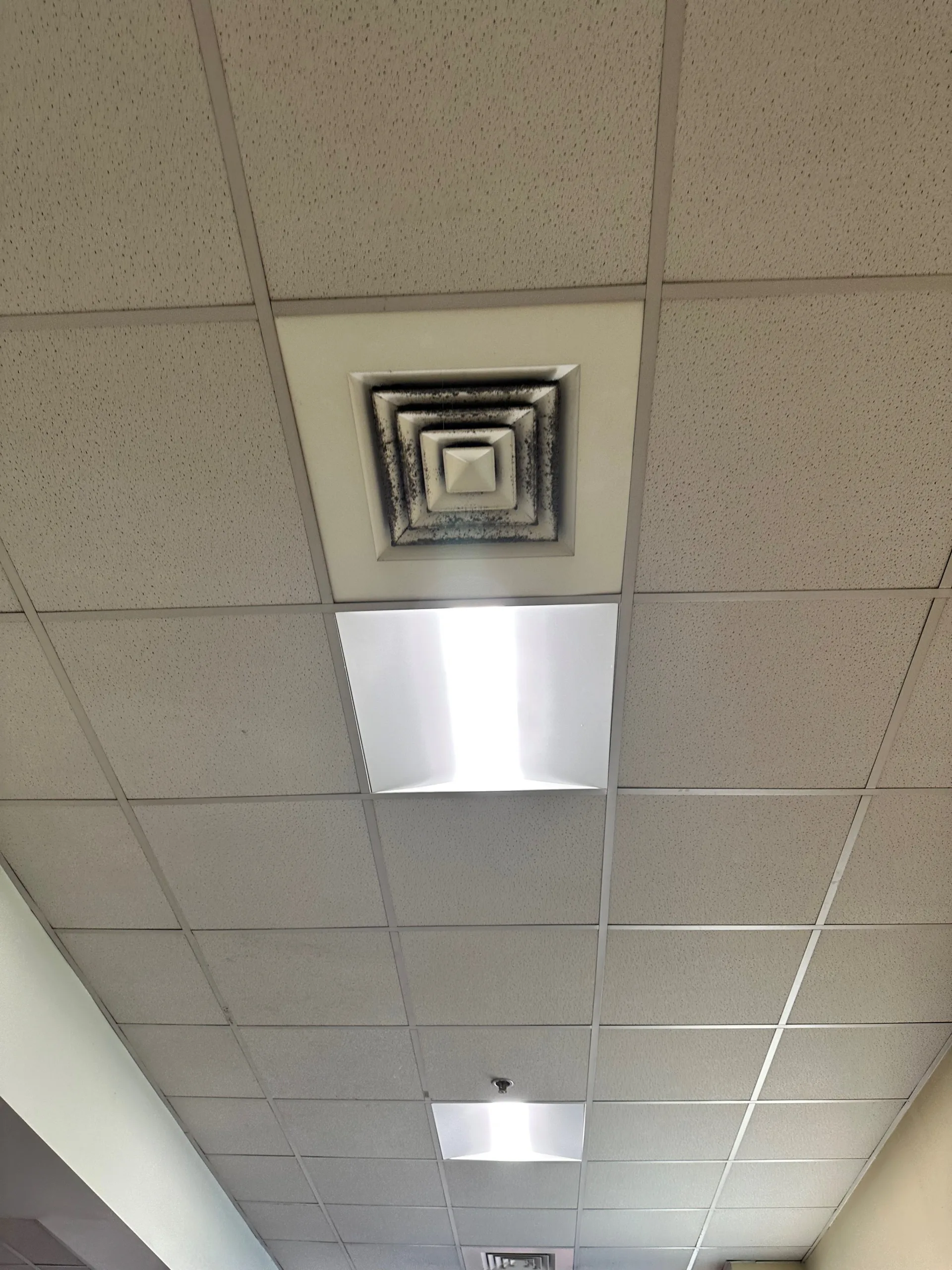
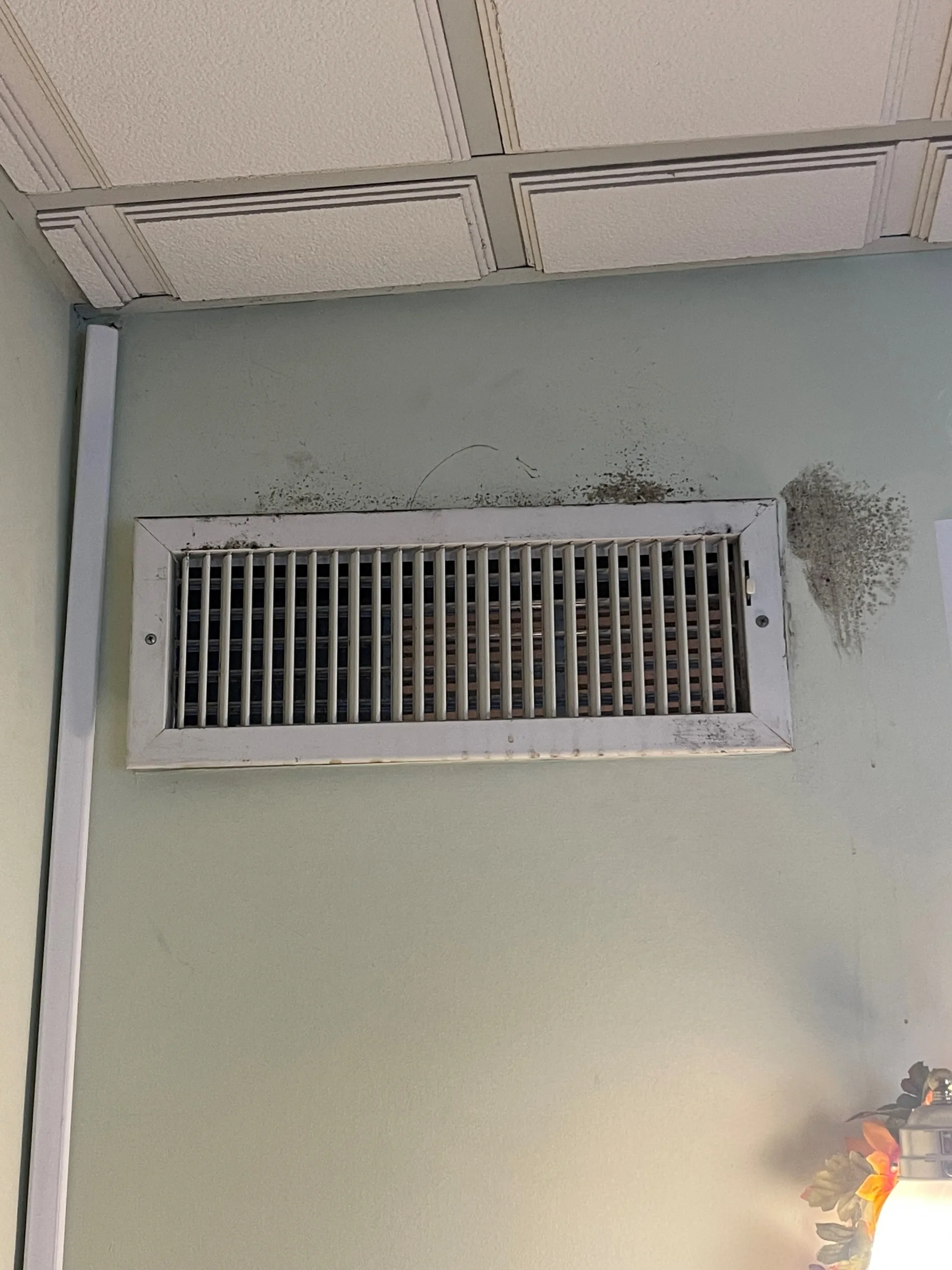
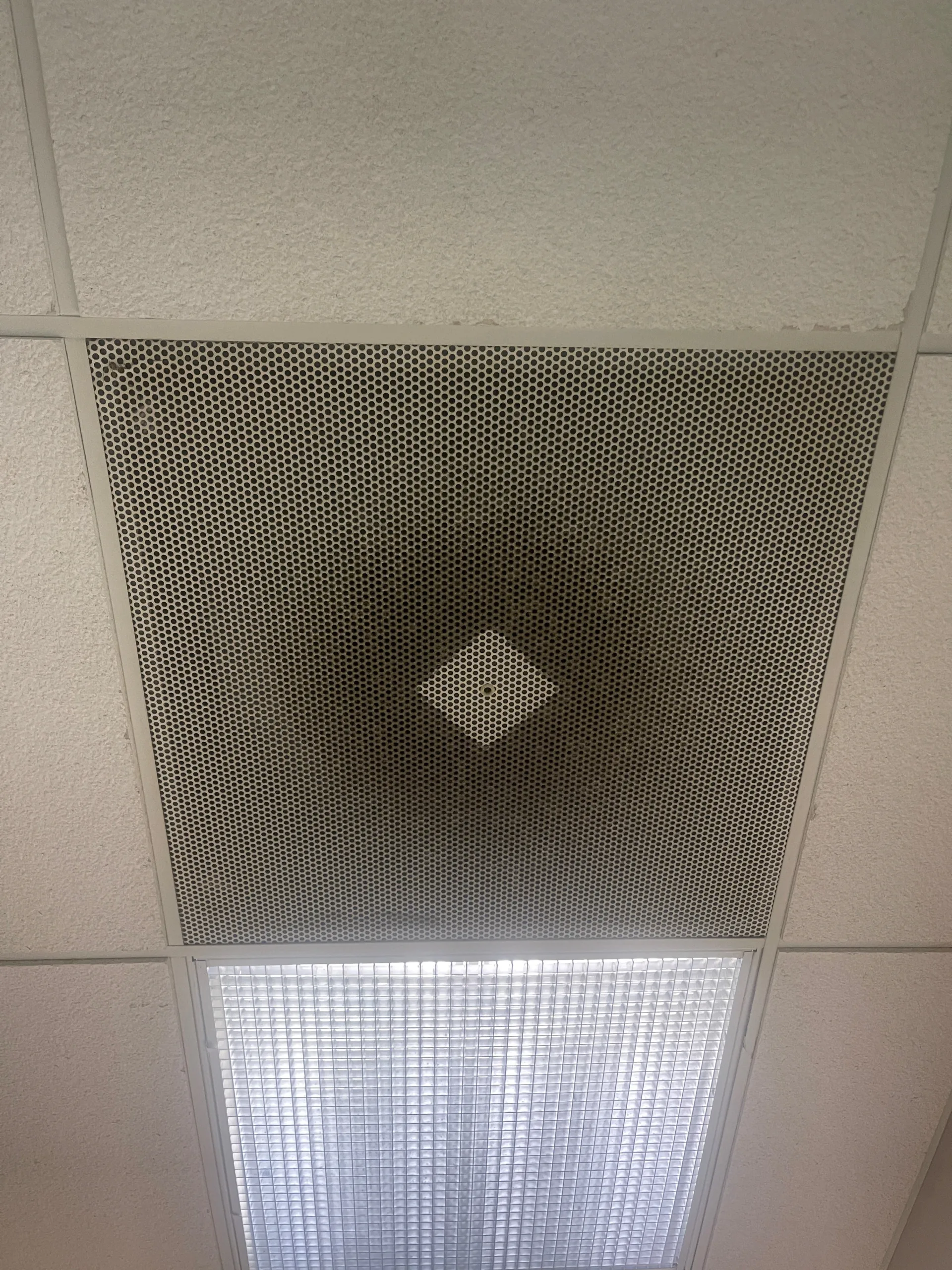

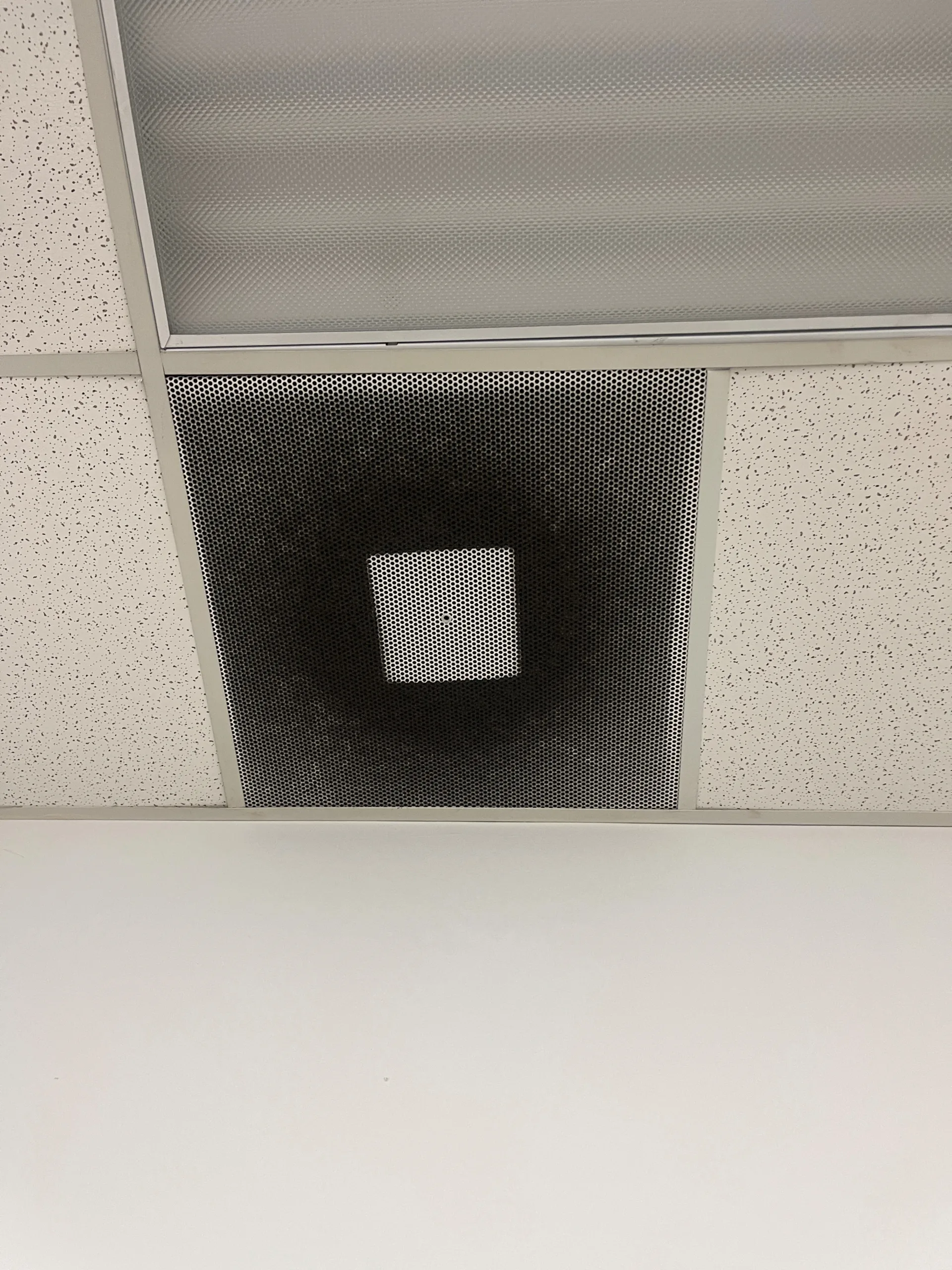
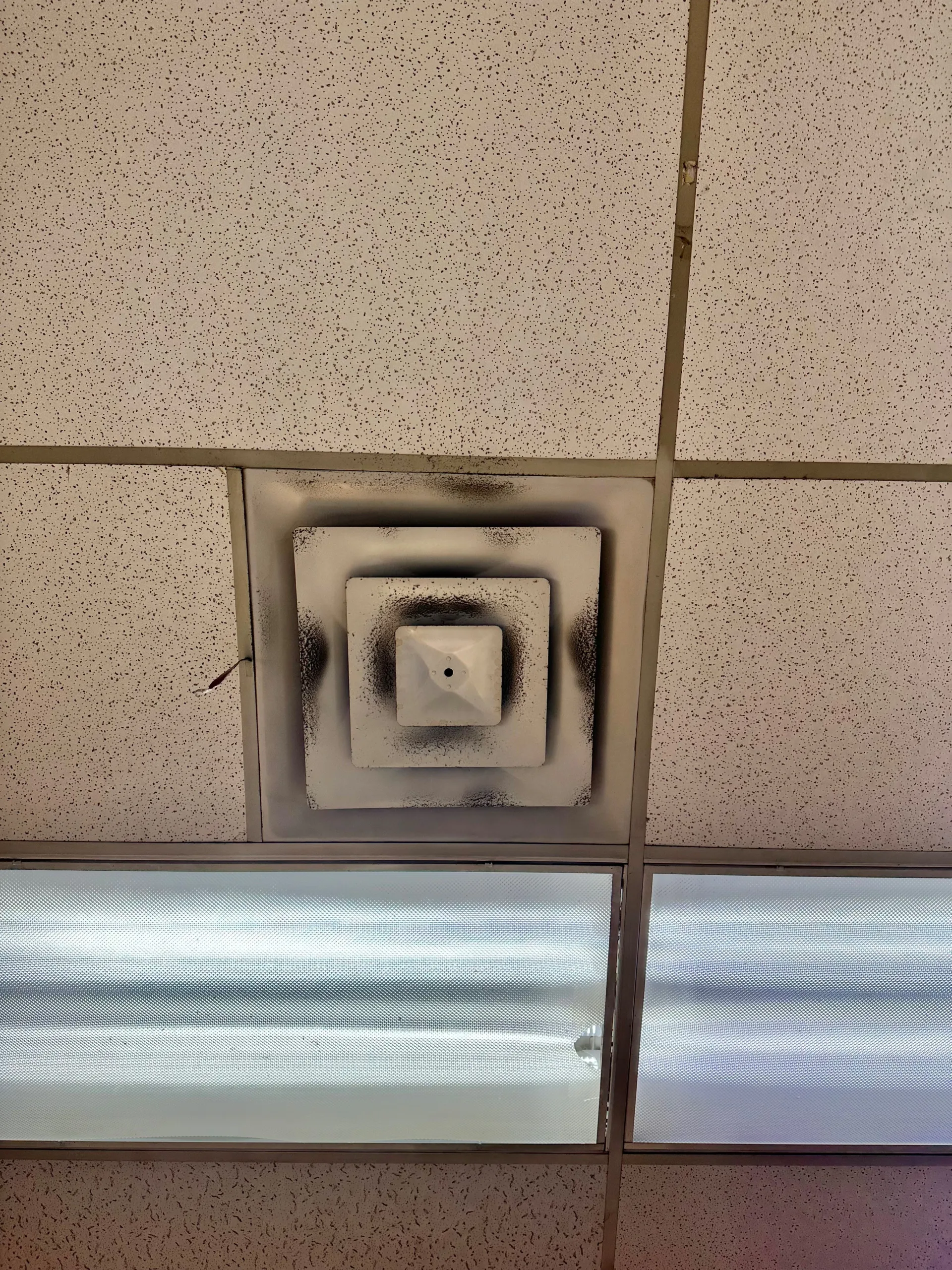
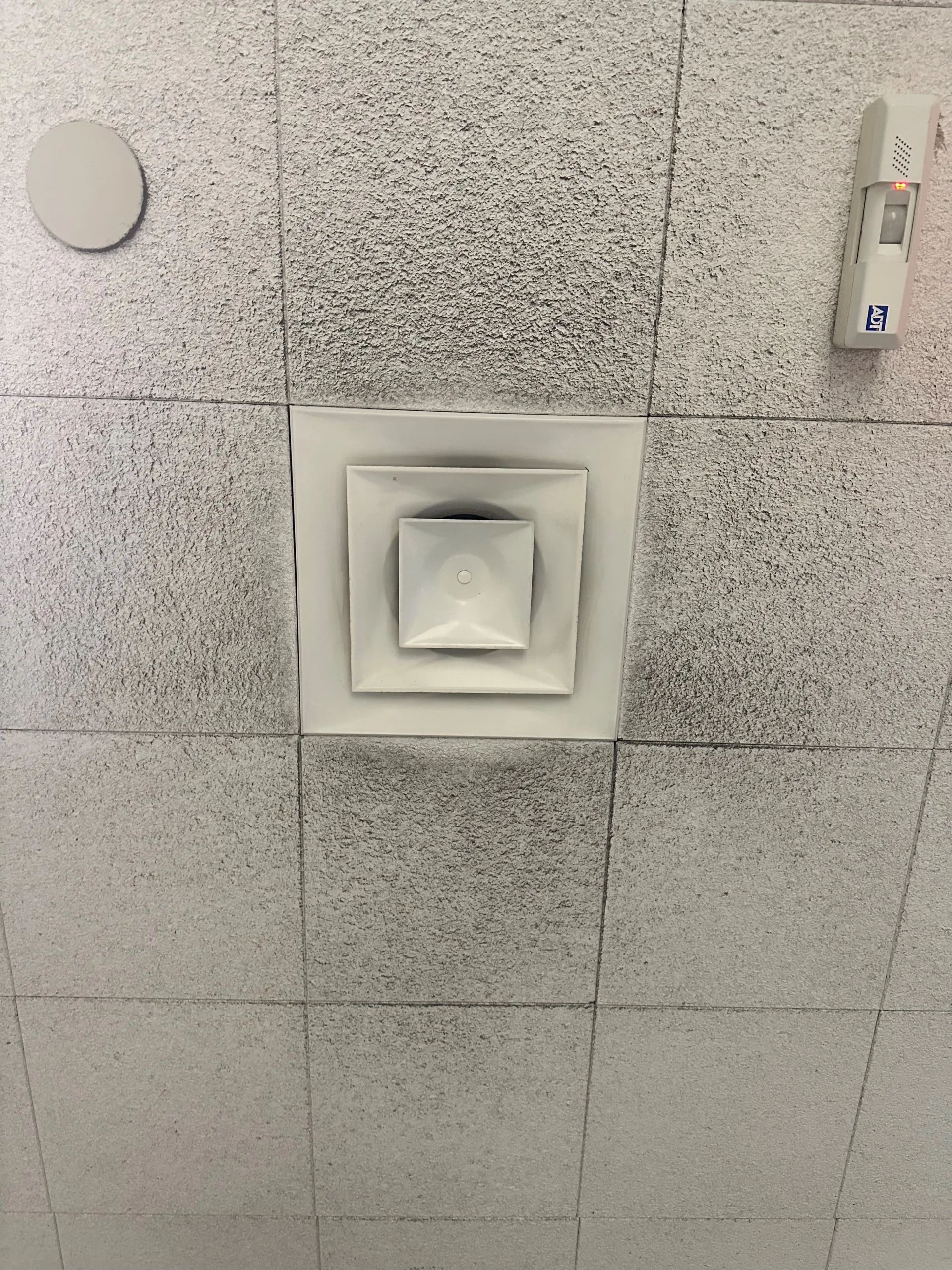
Duct Cleaning in action
Advanced Air Duct Cleaning Residential Service
Air Duct cleaning In Philadelphia
Air Duct Cleaning In NJ
Flexible Duct cleaning
Residential Service In NJ
what happens the day of service?
Upon Arrival, technicians will:
- Walk you, the homeowner, through the air duct cleaning process
- Ensure the system is properly running and take note of any visible damage
- Wear foot coverings and gloves
- LAY ENTRY LEVEL MAT AND DROP CLOTHES OVER ANY FURNITURE OR OBJECTS THAT MAY BE UNDER THE WORKSPACE
the process
1.
STEP ONE
Run 8-inch vacuum line to the supply and return trunk line of your home, which puts the system under negative vacuum.
2.
STEP TWO
Remove and wash all vent covers.
3.
STEP THREE
190 pounds of force per square inch (psi) of compressed air and/or air charge dislodgers are brought to every single vent in your home to force all dust and debris back to the main trunk line.
4.
STEP FOUR
Air charged dislodgers are then sent down all main trunk lines to dislodge all dust and debris as the negative vacuum pulls contaminants back into the vacuum truck.
5.
STEP FIVE
Finally, your HVAC system is treated with an anti-microbial treatment utilized to kill any mold or bacteria.
At Completion, technicians will:
- Ensure the system is up and running properly
- Complete a final walk through to ensure no mess is left behind
- Confirm your satisfaction and answer any additional questions
- Collect payment and signature to ensure satisfaction
Sources of indoor air pollution that are common in every home!
- Combustion sources: gas, oil, kerosene and wood stoves or fireplaces, tobacco smoke
- Building materials: insulation, carpet, cabinetry, pressed wood products
- Chemical products: cleaning products, personal care products, glues, pastes etc
- Outdoor sources: molds, radon, pesticides, pollen, outdoor air pollution
- Others may include pet dander, dust mites, molds, viruses, dust
have questions about
air duct cleaning?
have questions about air duct cleaning?
Advanced Air Duct Cleaning has answers
A good rule of thumb is to clean your ducts every three to five years according to the National Air Duct Cleaning Association (NADCA) This is the minimum, as this is the length of time that it can take for your air ducts to fill back up with dirt, dust and other debris after a thorough cleaning. However, some homes may require more frequent cleanings. According to NADCA, you may want to have your air ducts cleaned more frequently if you:
- Live in an older home
- Have pets
- Have someone with respiratory illness at home
- Have allergies or live with someone with allergies
- Have a problem with dust
- Have a smoker in the home
- Have heat and air conditioning that are separate systems.
It is a common misconception that air duct cleaning will distribute dust and debris throughout your home during the cleaning process. Consumers are concerned that their home, furniture, and contents in their home will be left covered in dust. This is ONLY the case when proper equipment is not used to complete the job.
At Advanced Air Duct Cleaning, we use 16,000 CFM power vacuum trucks. The vacuum power is strong enough to ensure that no dust or debris comes back into your home. The containments are pulled back into the truck- leaving no new mess behind.
Use the following checklist as a guide when selecting an Air Duct Cleaning Professional:
- Check the longevity of the company
- Check their reviews online and from various sources
- Ask for a list of previous clients for jobs completed
- Get proof the company is properly licensed and adequately insured
- Verify that the company is certified by NADCA to perform the work
- Ask if the company will take before and after pictures to demonstrate the success of job completion
- Inquire into the type of equipment the company will use
To become a member of NADCA, the air duct cleaning company must meet specific requirements including having Certified Air System Cleaning Specialists (ASCS) on staff.
An ASCS must pass the NADCA certification examination, demonstrating extensive knowledge in HVAC design and cleaning methodologies. Additionally, they are required to maintain their certification through annual continuing education.
All NADCA members are required to sign a code of ethics agreeing to protect you the consumer and follow of standards set forth by NADCA.
The average cost of a proper single HVAC system air duct cleaning by NADCA and EPA standards typically runs from $450 to $1000 depending on the size of the home.
- Indoor Air Contaminants Damage More than Respiratory Health: The range of indoor air pollutants includes VOCs, phthalates, PBDEs, mold, pollen, pet dander, radon, and more. Most of these qualify as fine or ultra-fine particulate matter that are easily inhaled and can pass into the bloodstream, and even cross the blood-brain barrier. Dry eyes, headaches, nasal congestion, fatigue, and even nausea are common symptoms. Serious concerns such as asthma, lung infections, or even lung cancer have been linked to exposure. Particles which enter the bloodstream have been associated with stroke and depression in adults, and children have shown increased systemic inflammation, immune dysfunction, and neural distress.
- Poor Quality Air Exacerbates Asthma: Since the early 1980s, the occurrence of asthma has been on the rise for everyone – all races, classes, and ages. Simply put, asthma is a silent epidemic that has a disastrous effect on quality of life. In 1999, about 20 million Americans suffered from asthma, or about 1 in 14. In 2011, the number had increased to around 25 million Americans, or 1 in 12.
- IAQ is a Top 5 Health Risk: The United States EPA ranks indoor air quality as a top five environmental risk to public health. EPA studies found indoor air pollutants were generally 2 to 5 times greater than outdoor pollution levels. In some cases, indoor air pollution was 100x greater. There are many reasons why this is the case, including poor ventilation, the burning of toxic candles, use of air fresheners, chemical laden household cleaners, and more.
- The Elderly Suffer Most- Many elderly spend the majority of their day inside, whether in their own homes or in care centers. Some estimates suggest the average time spent indoors is 19-20 hours a day. A Portuguese study found that elderly patients in elderly care centers faced exposure to high concentrations of fungus which could negatively affect their respiratory health.
Source: Dr. Edward Group
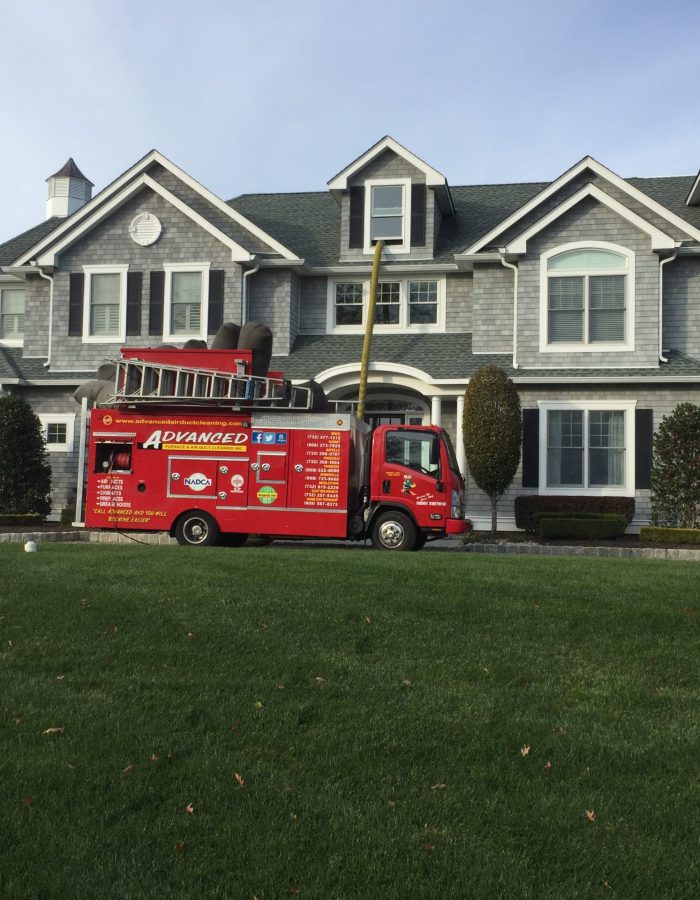
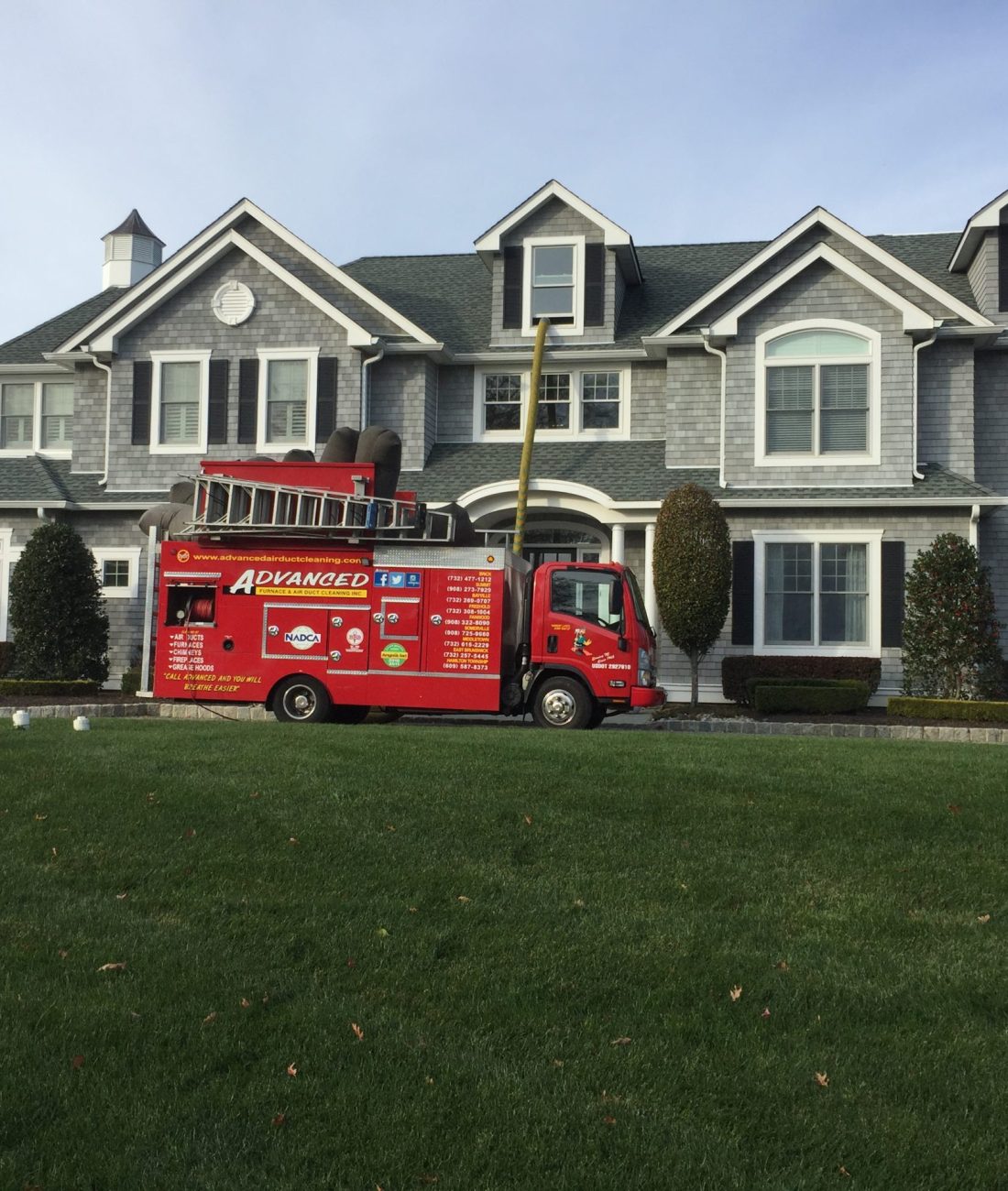
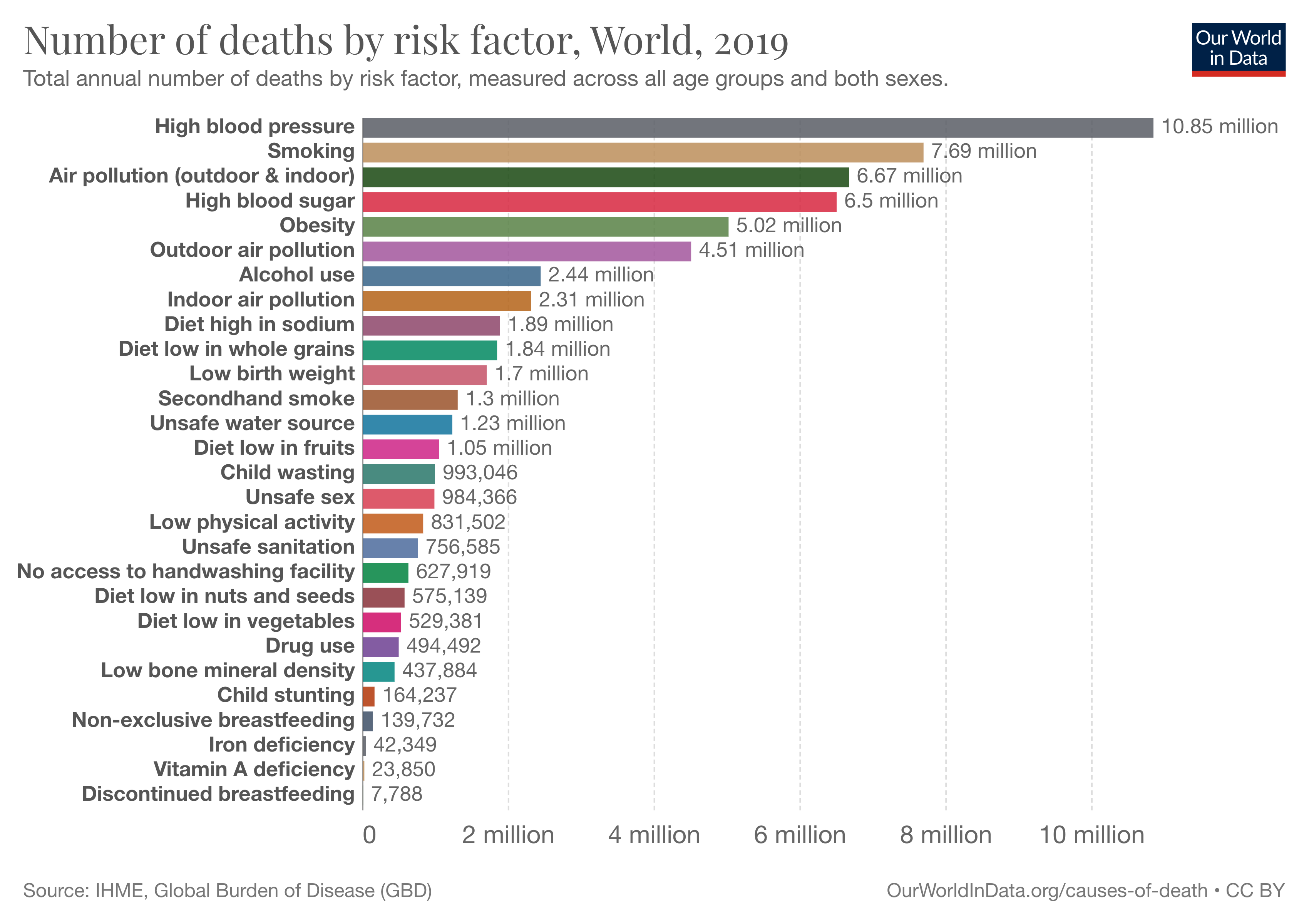
Even though this chart outlines indoor and outdoor air pollution, indoor air pollution was responsible for 2.31 million of these deaths.(4.1% of global deaths).

